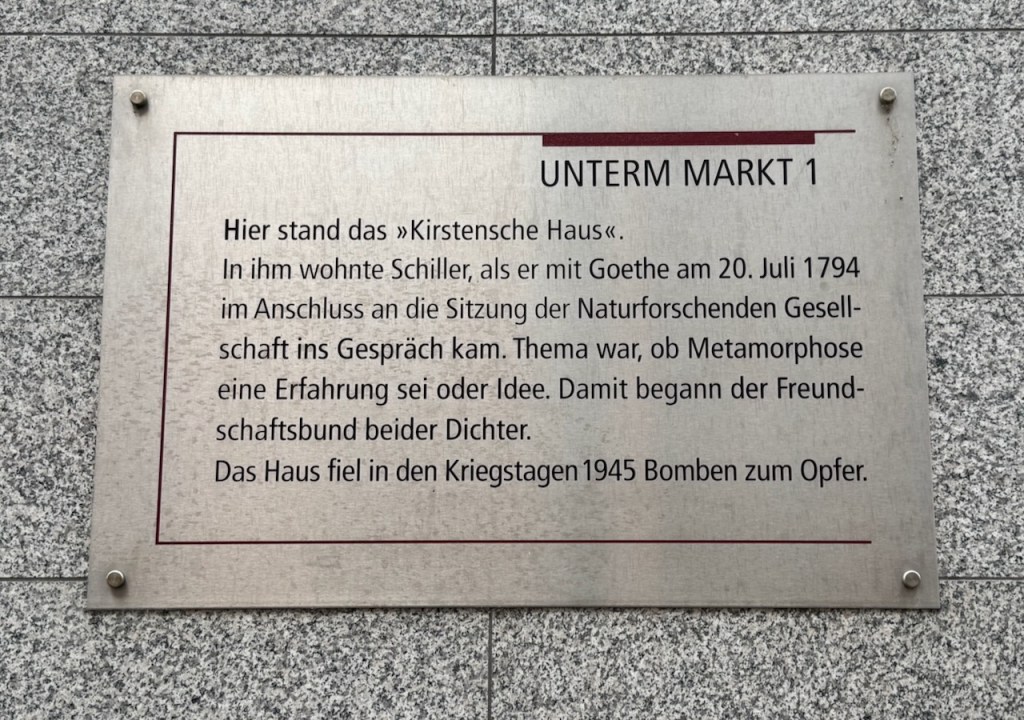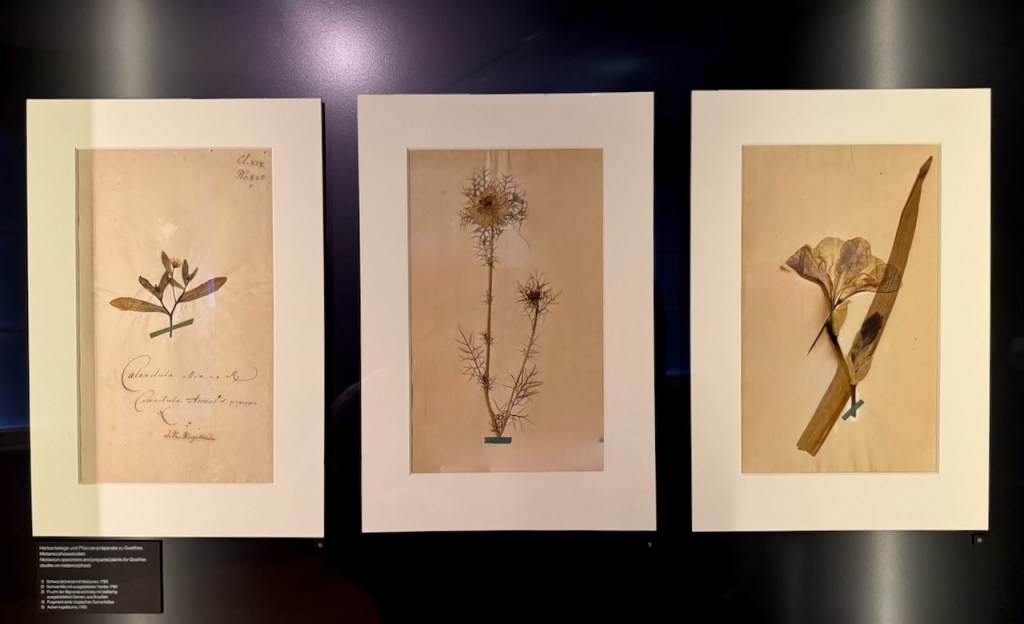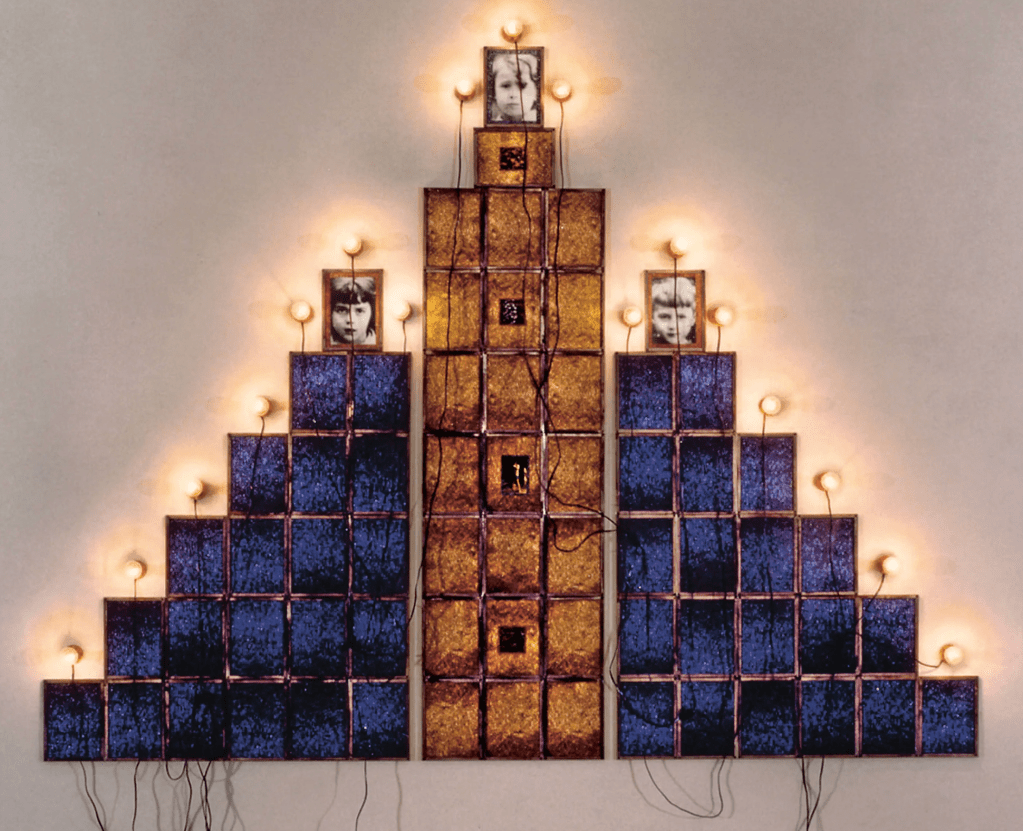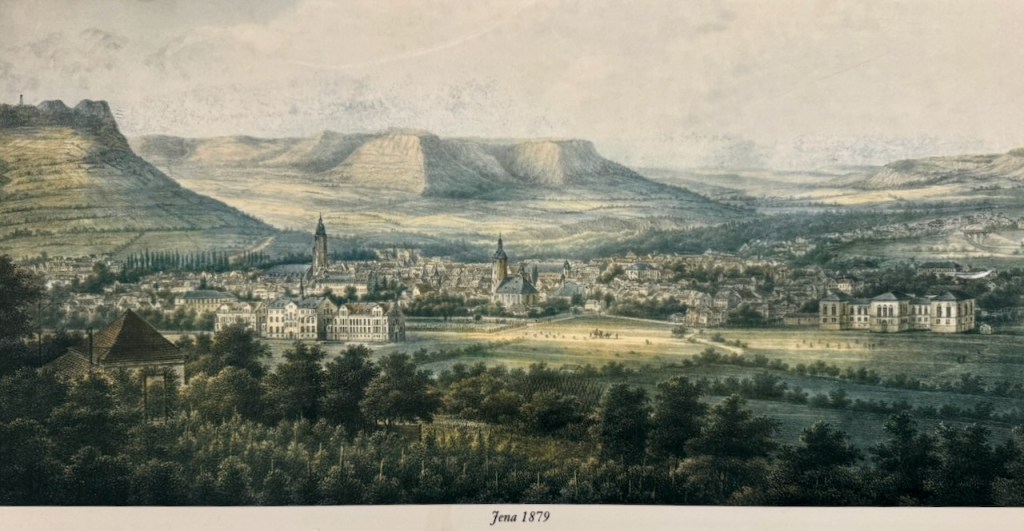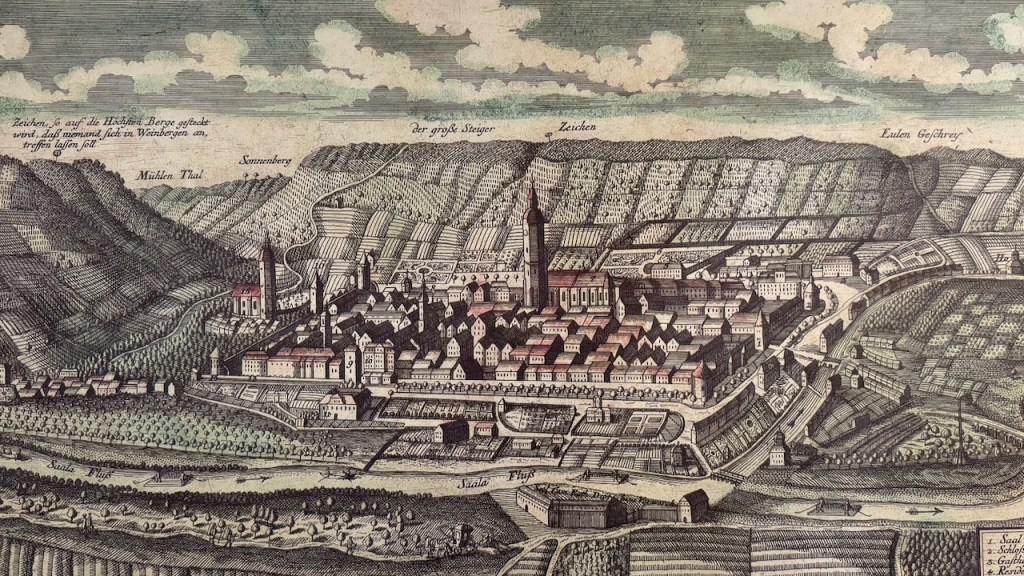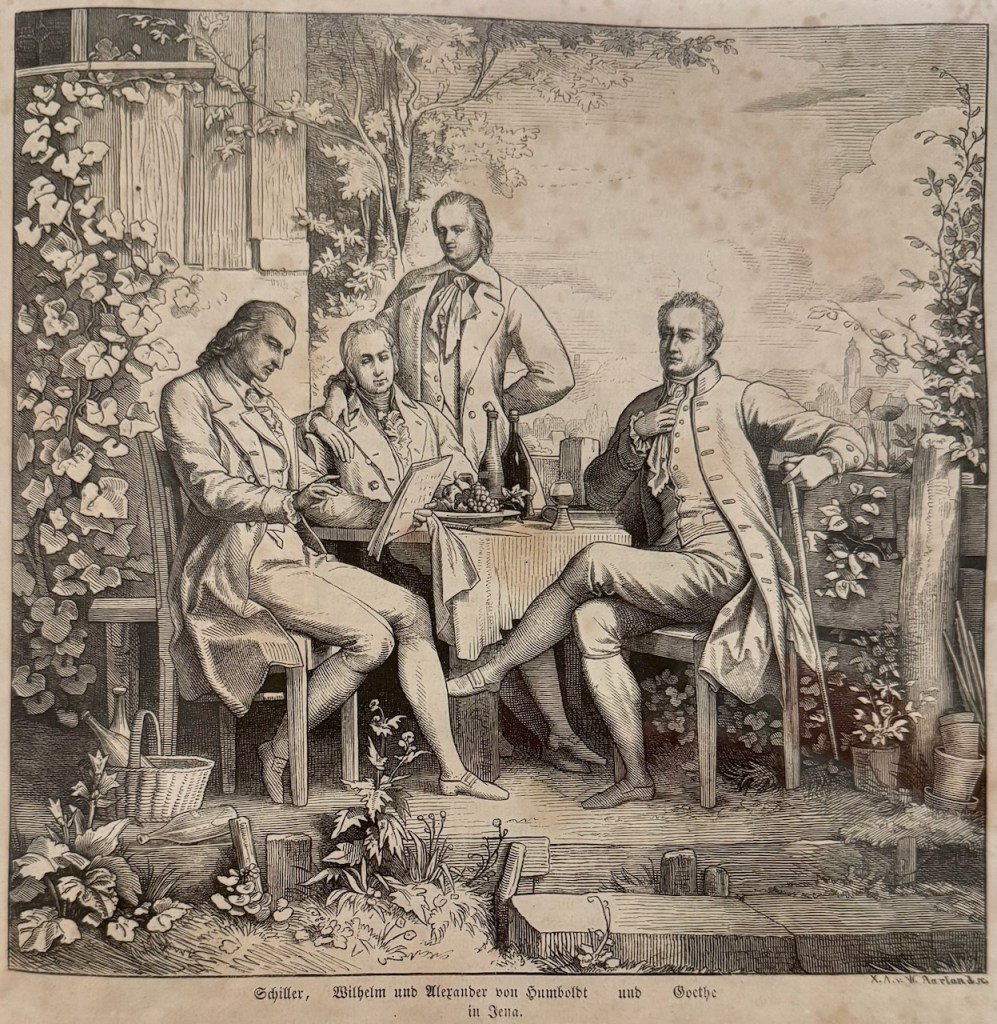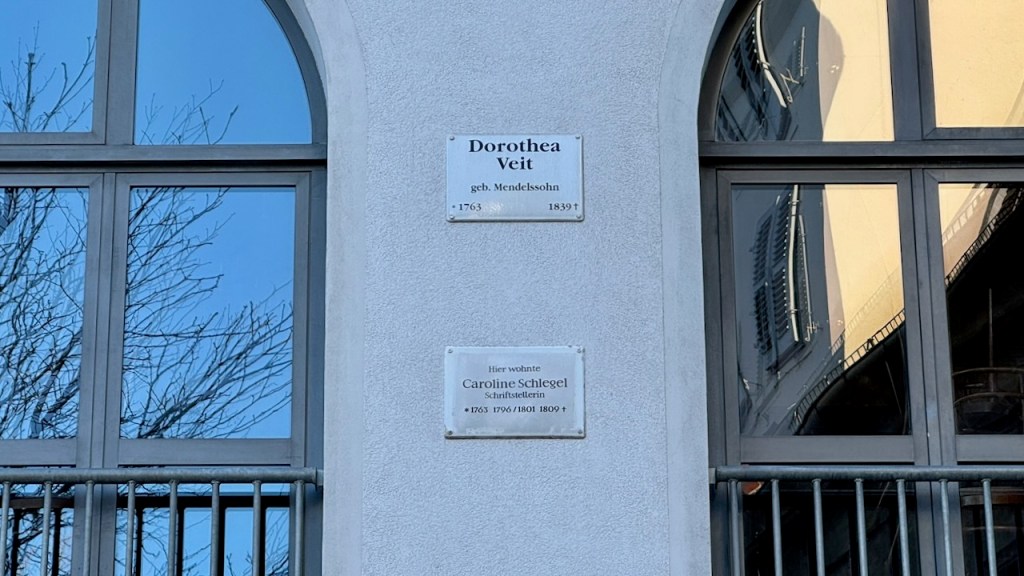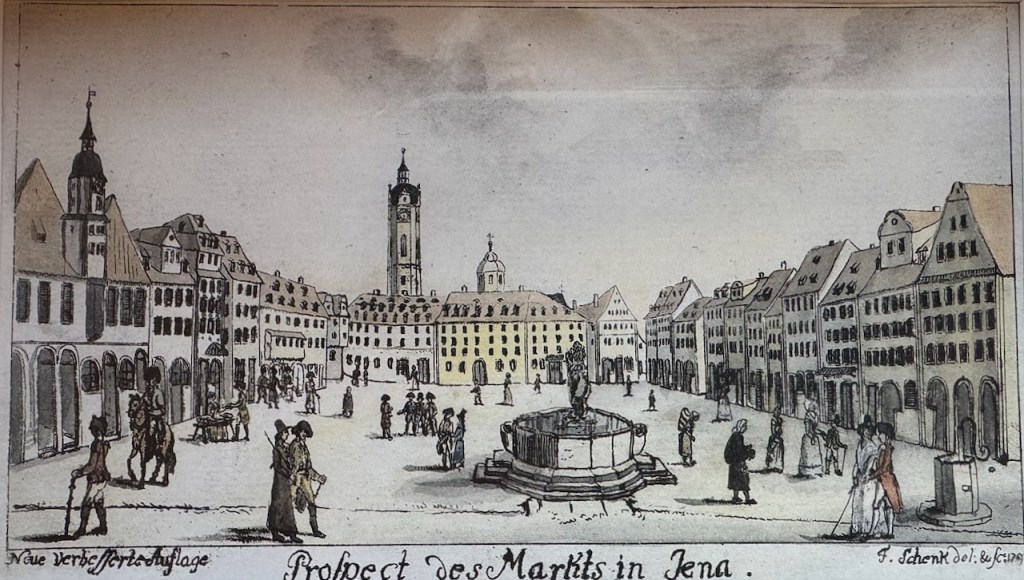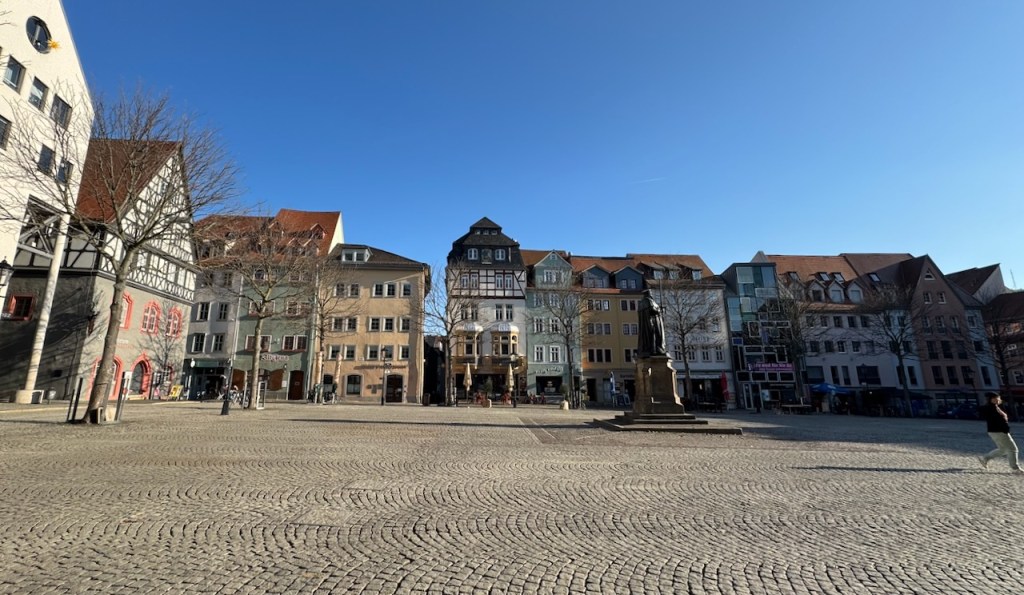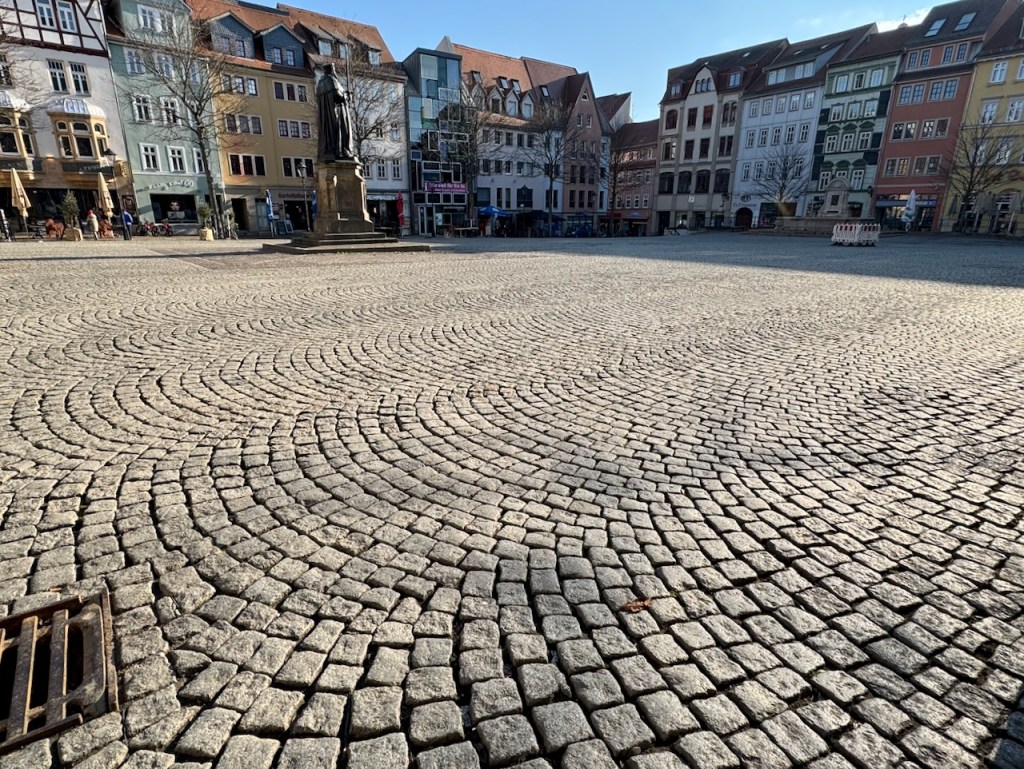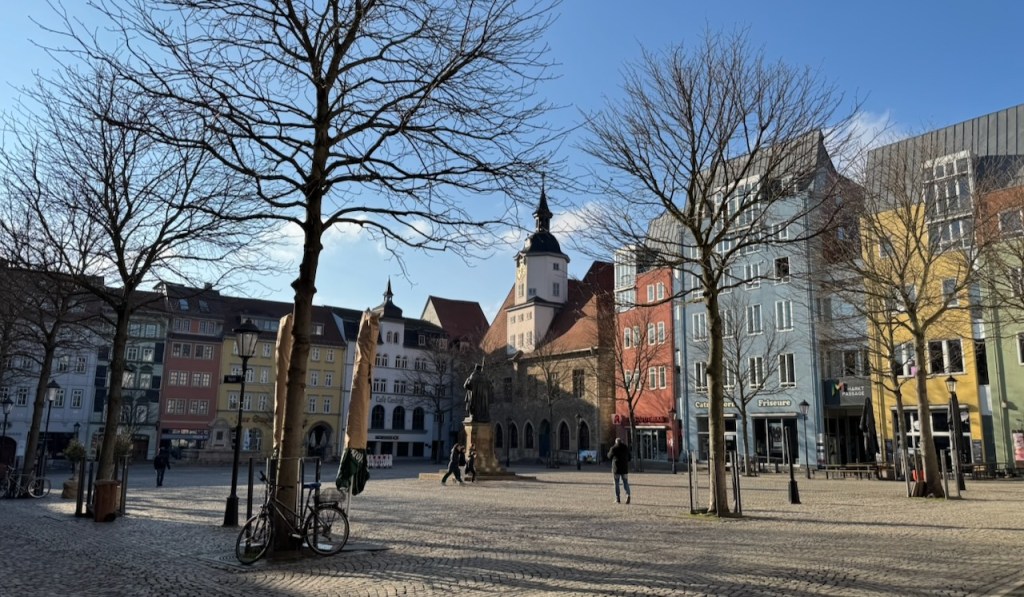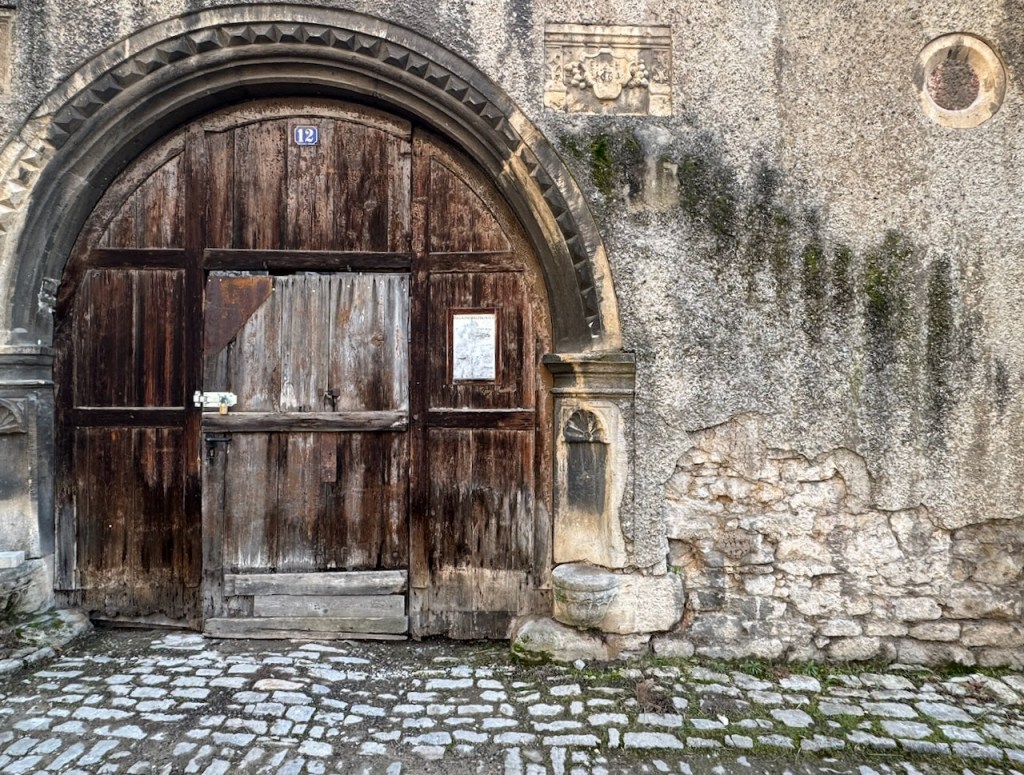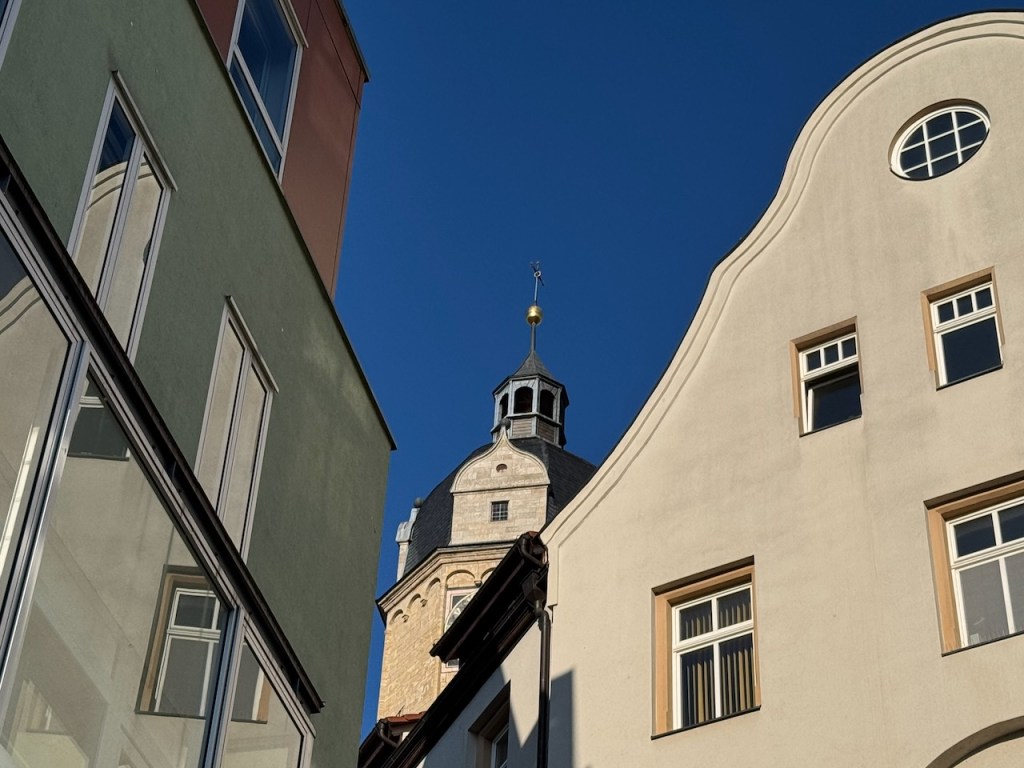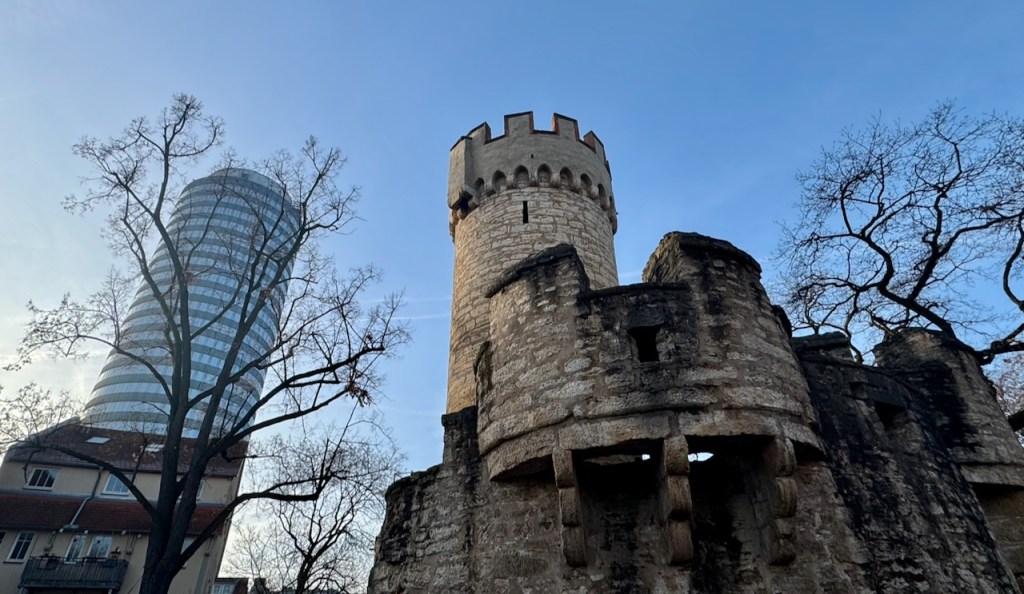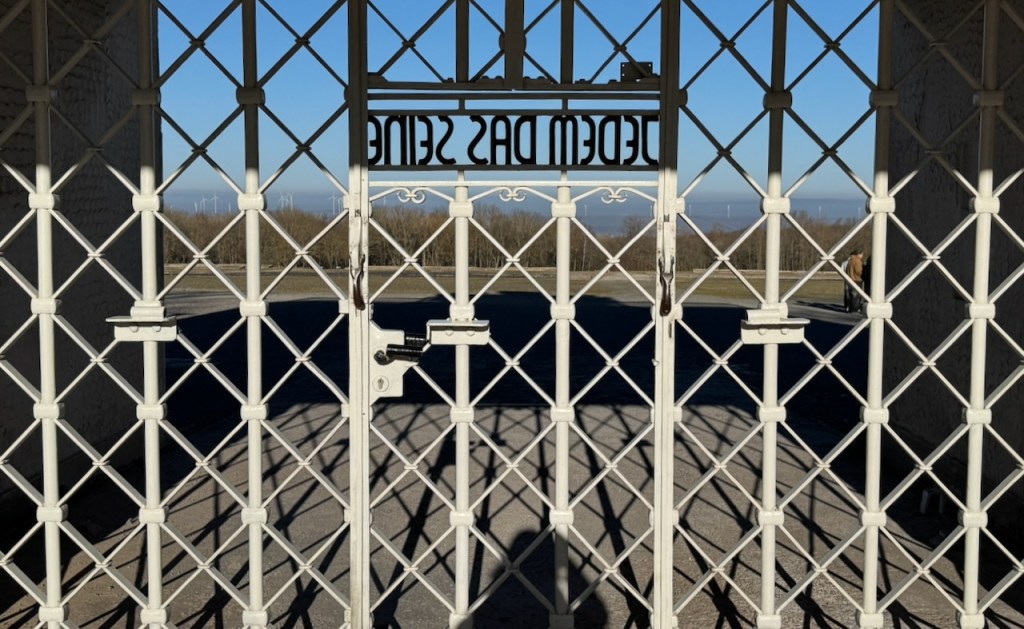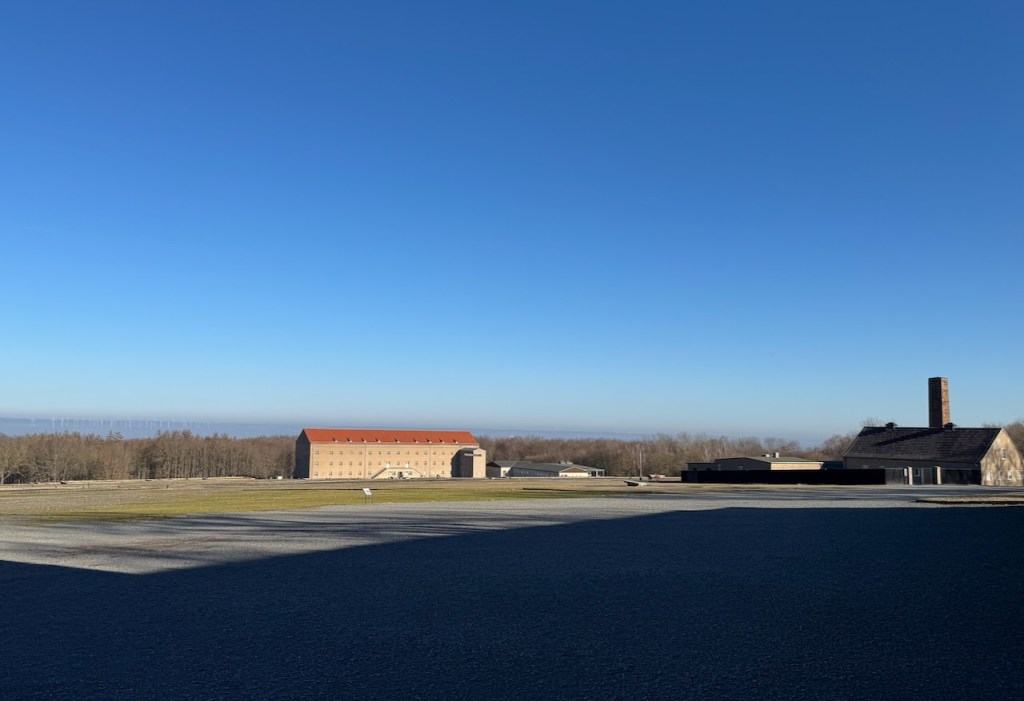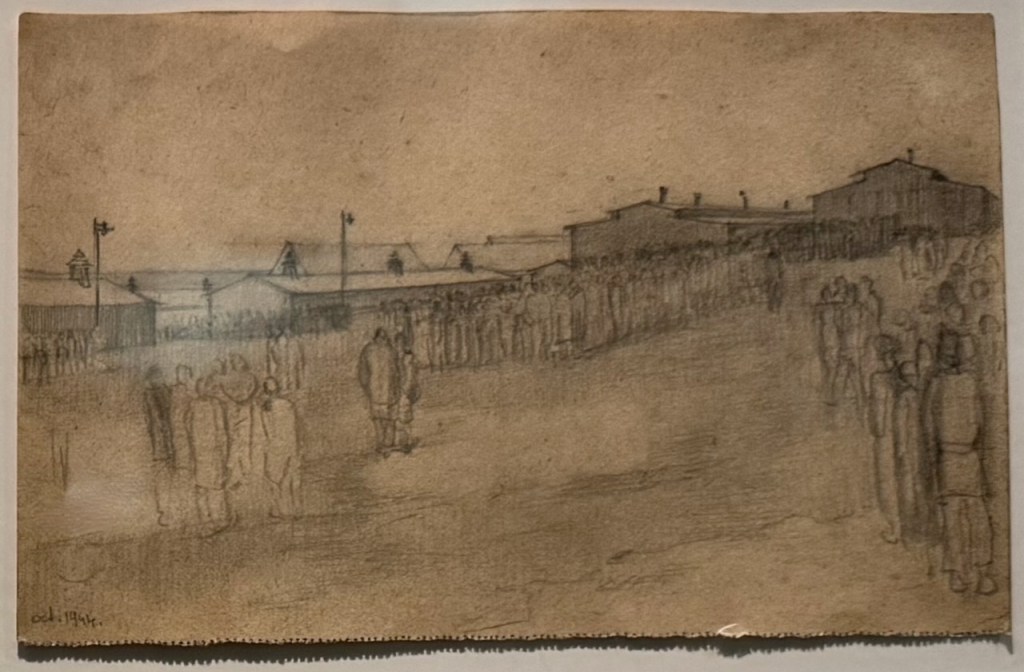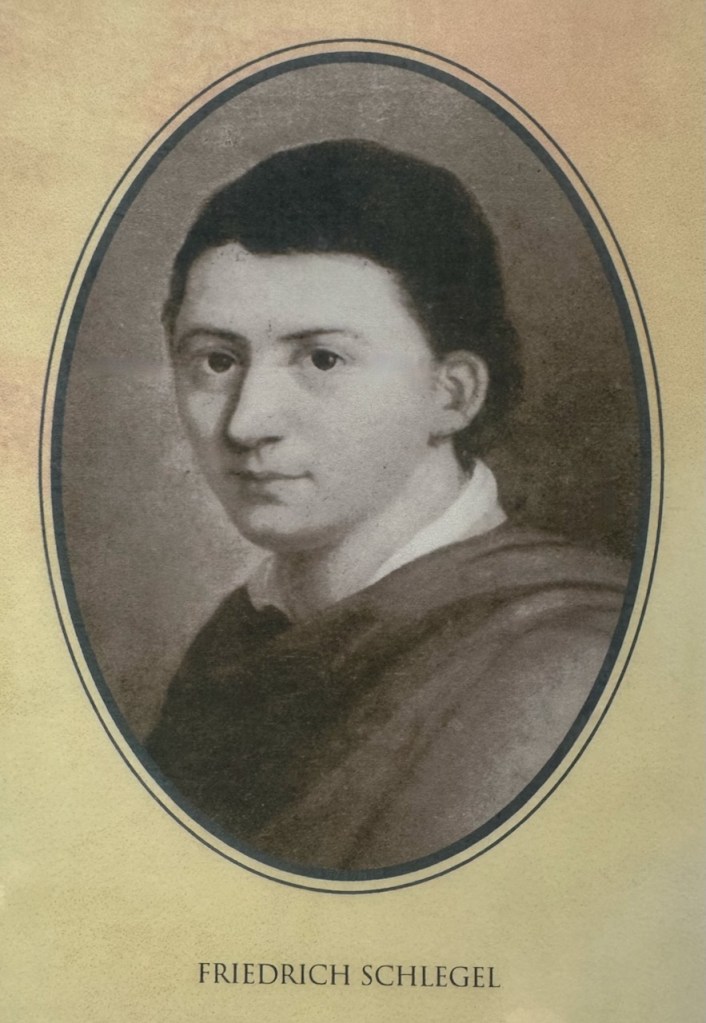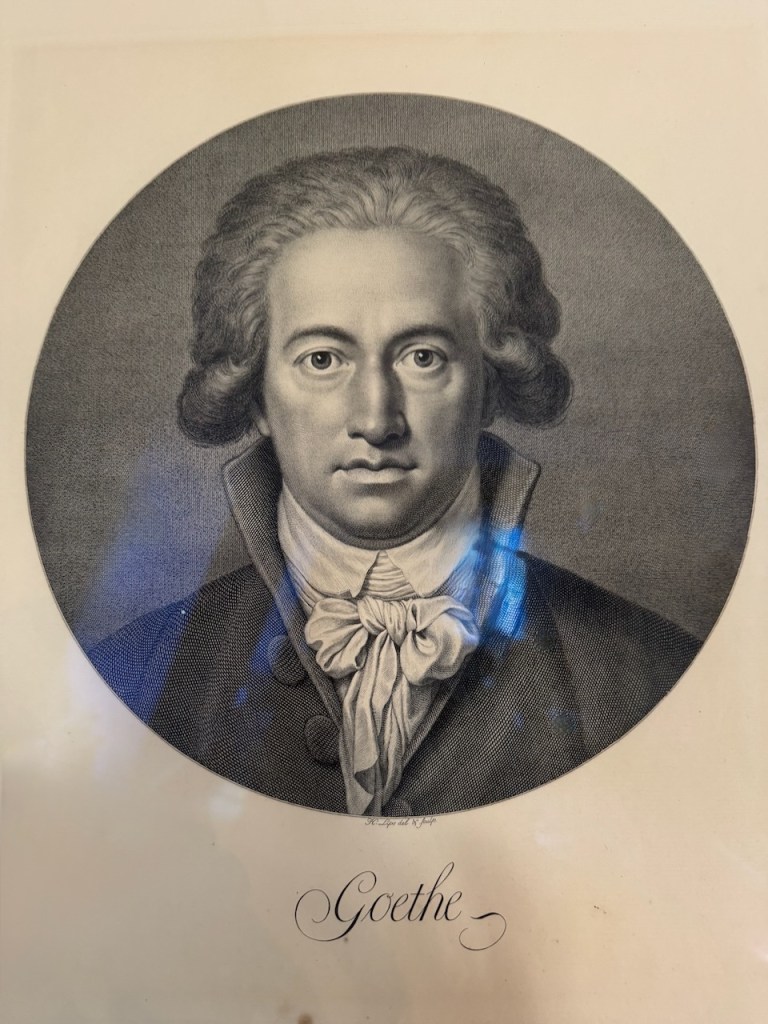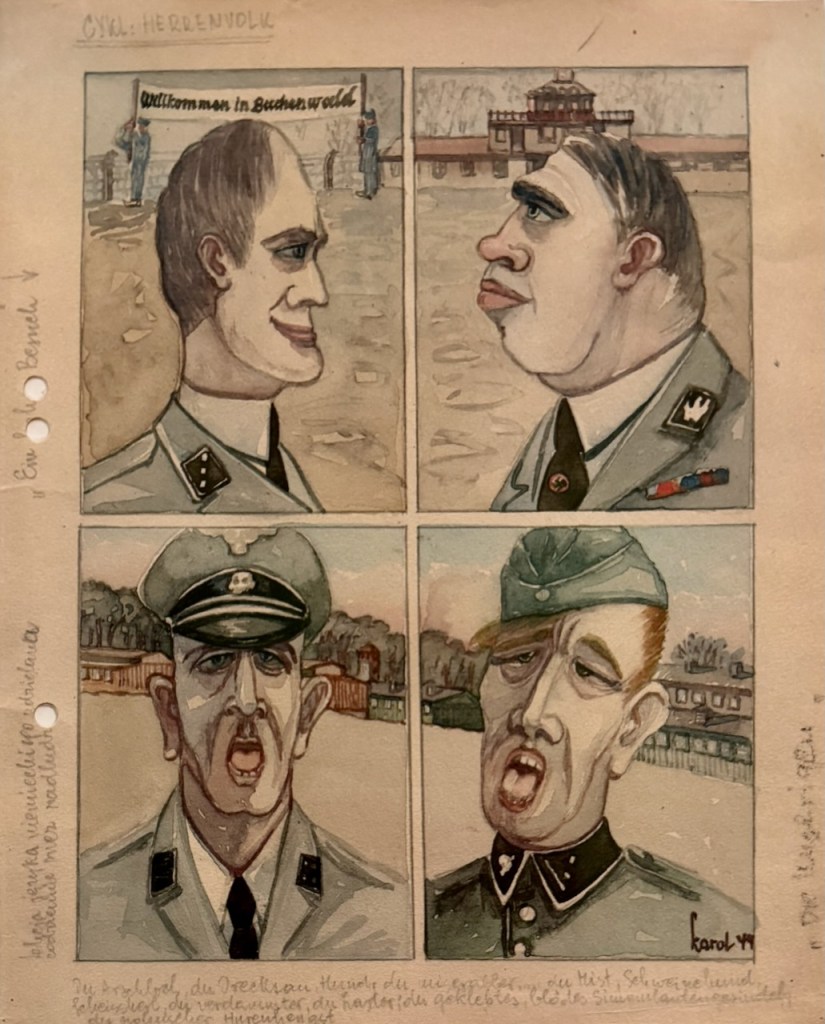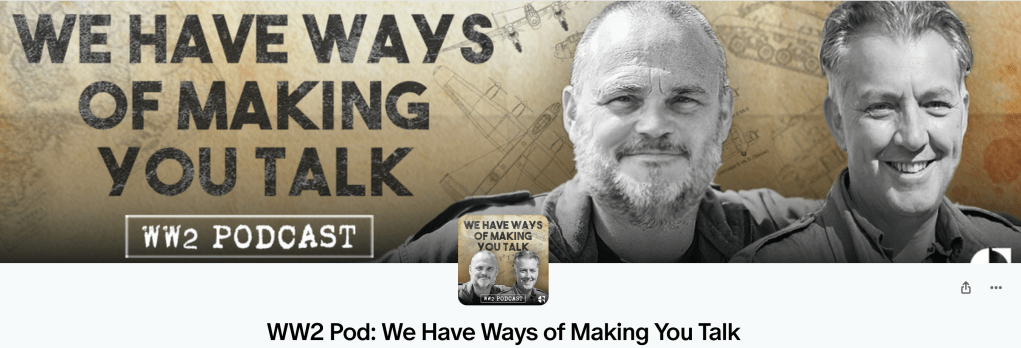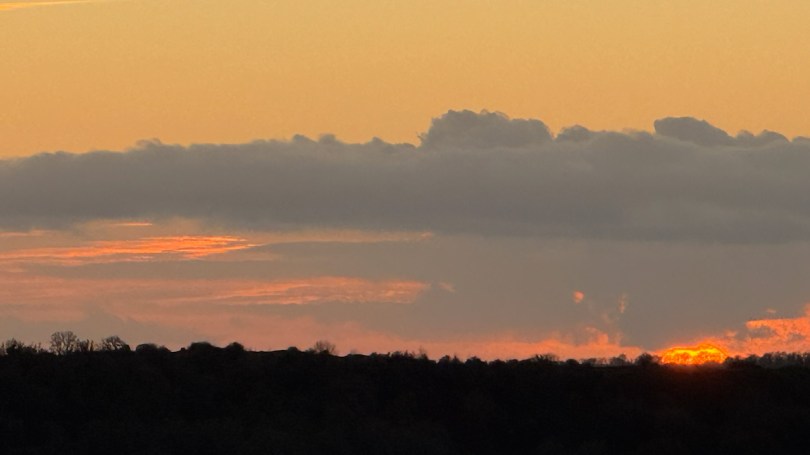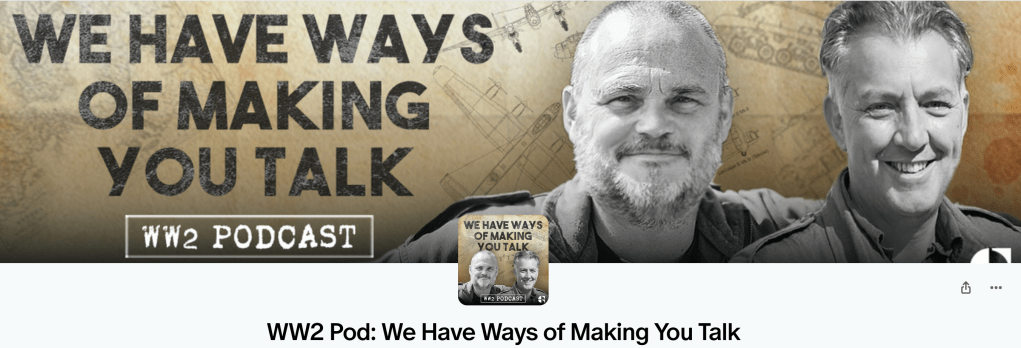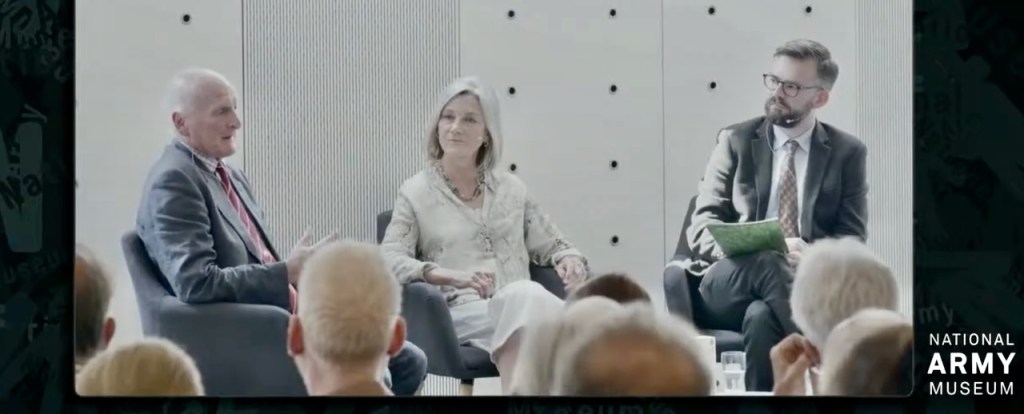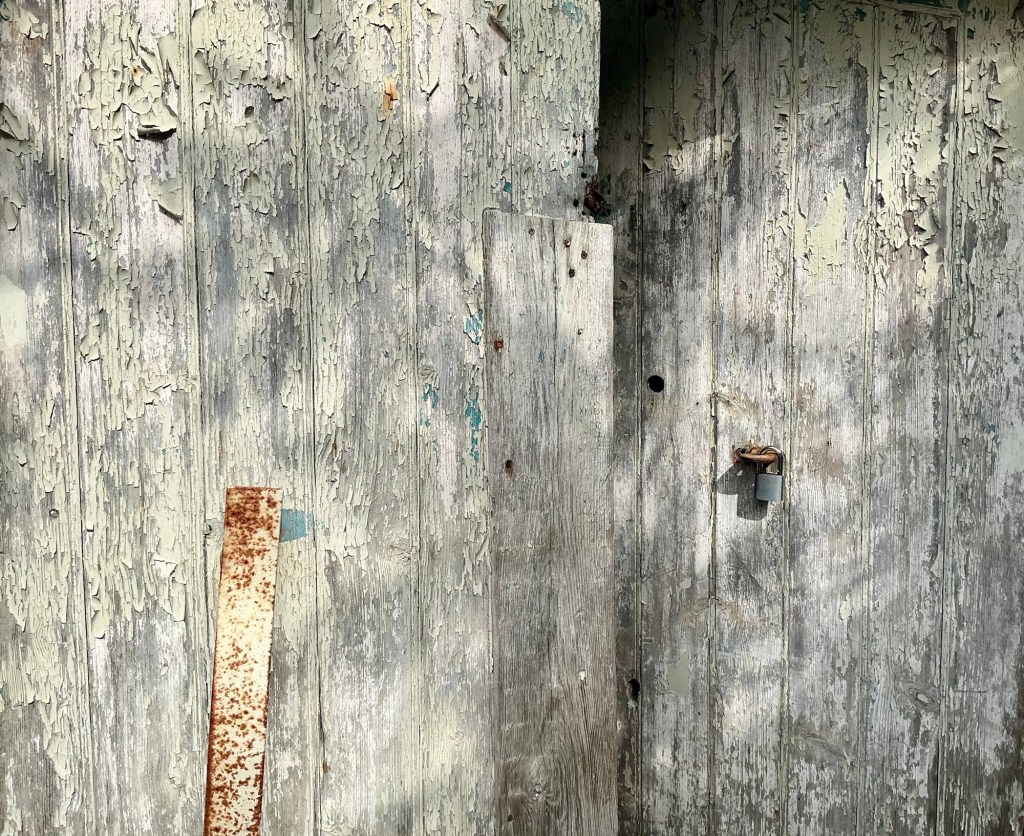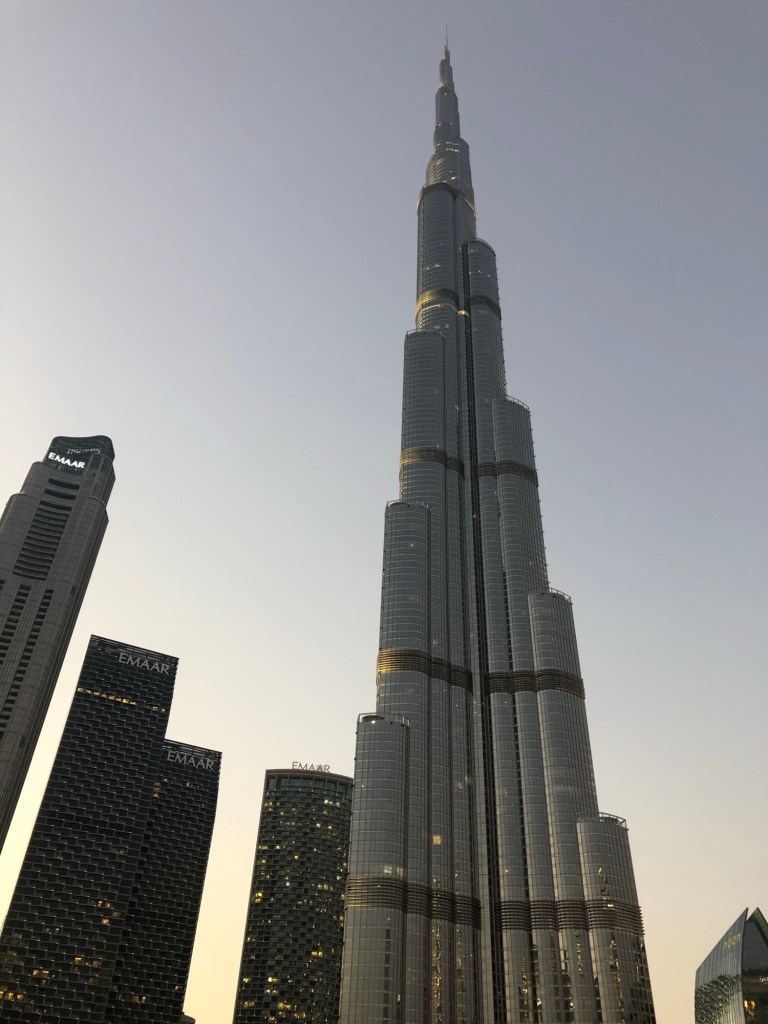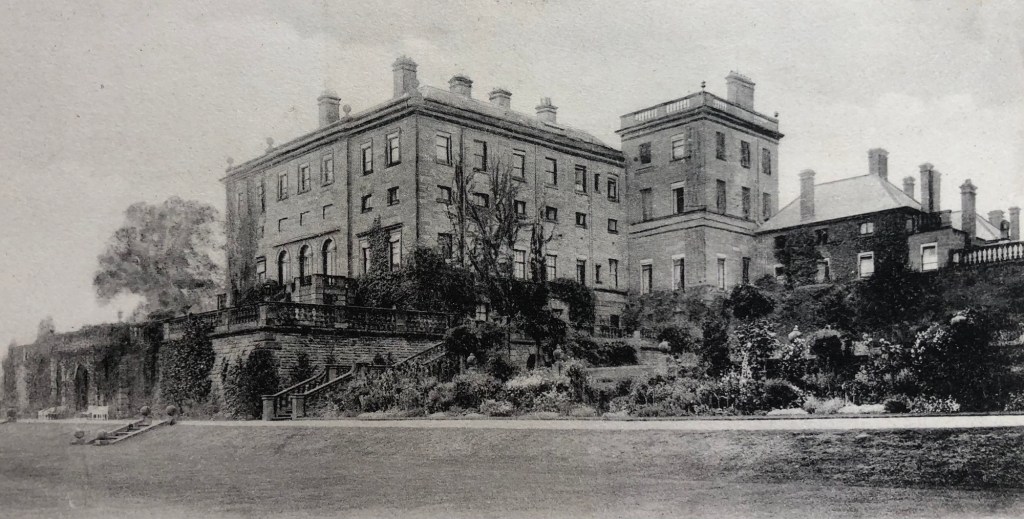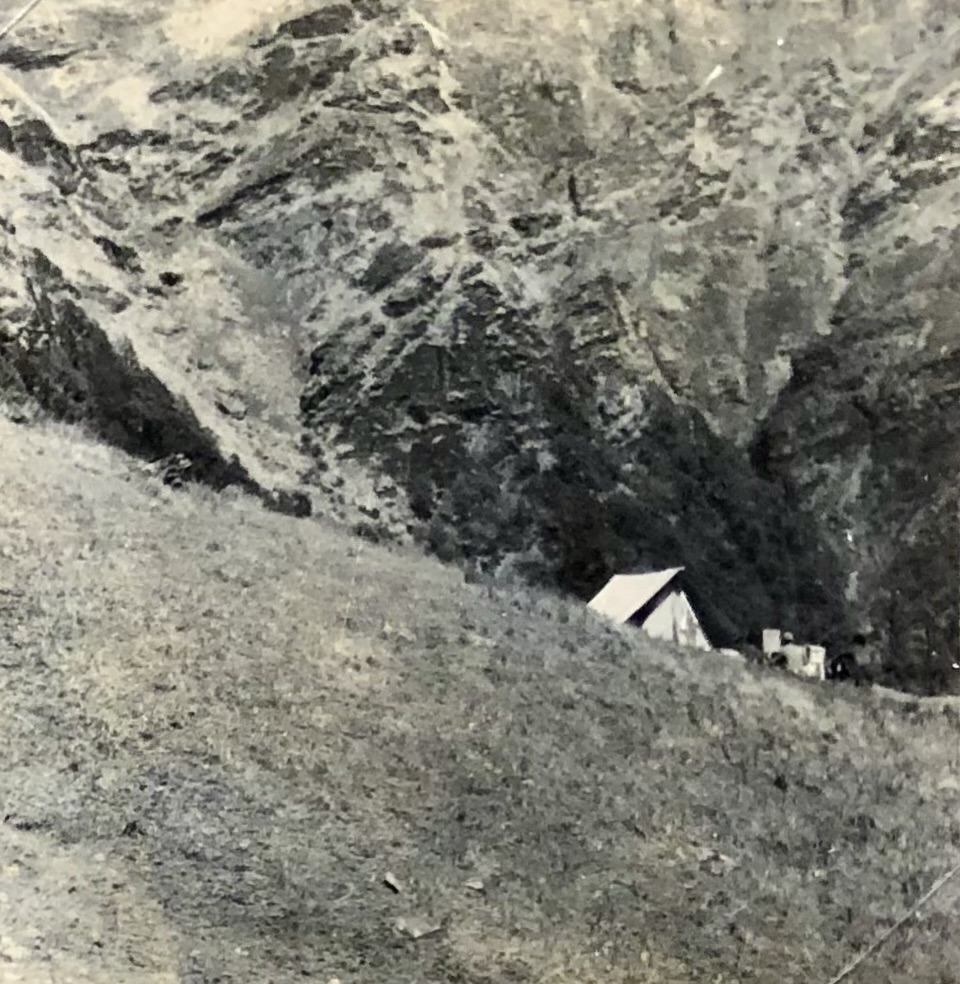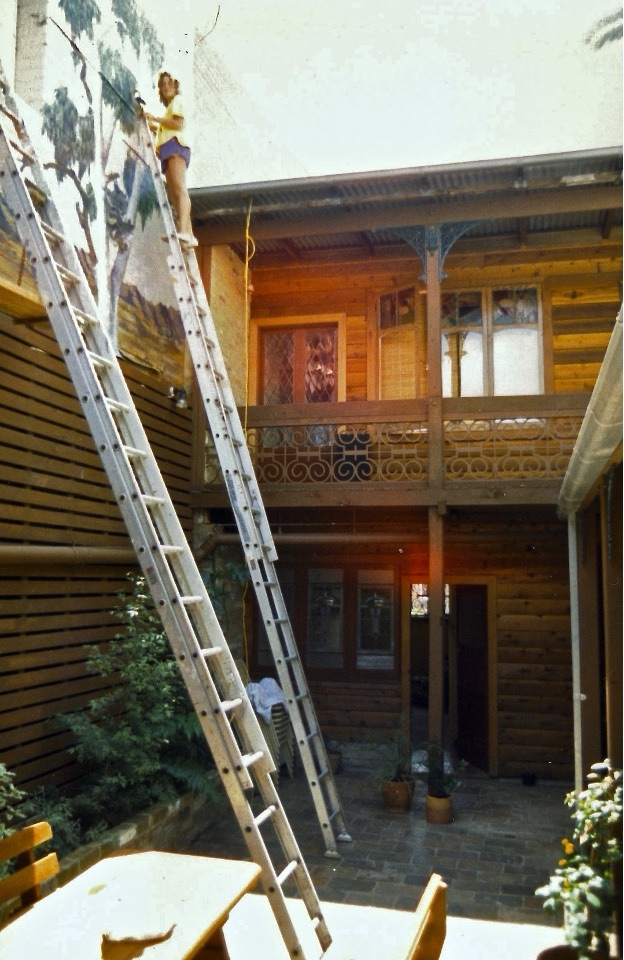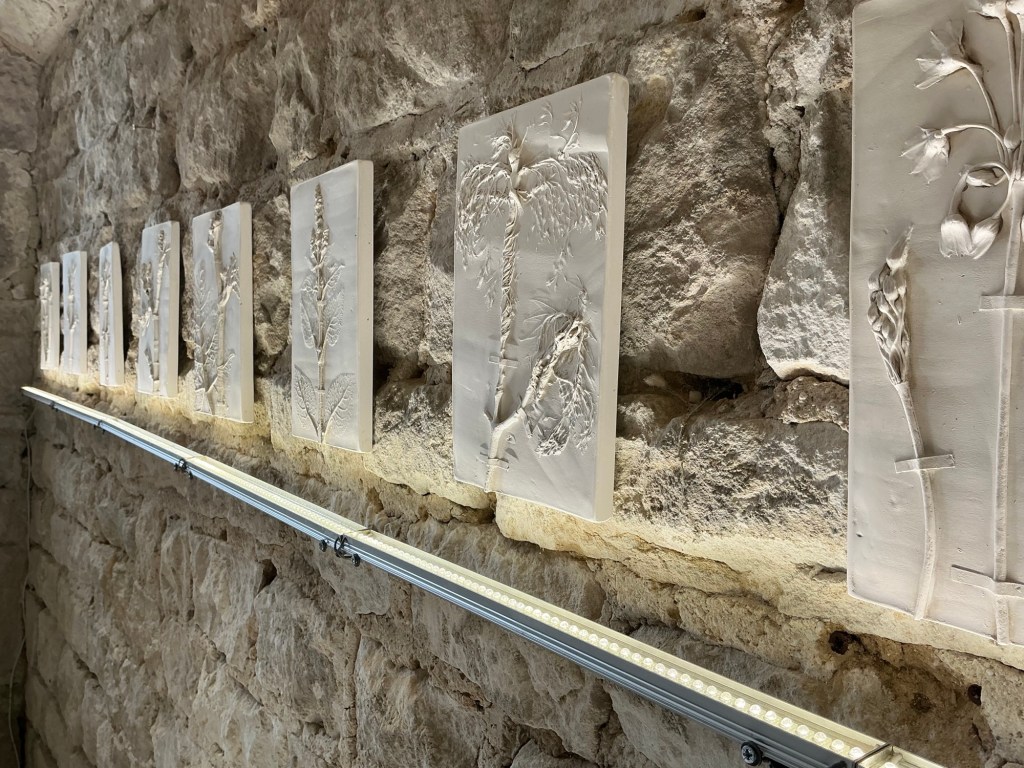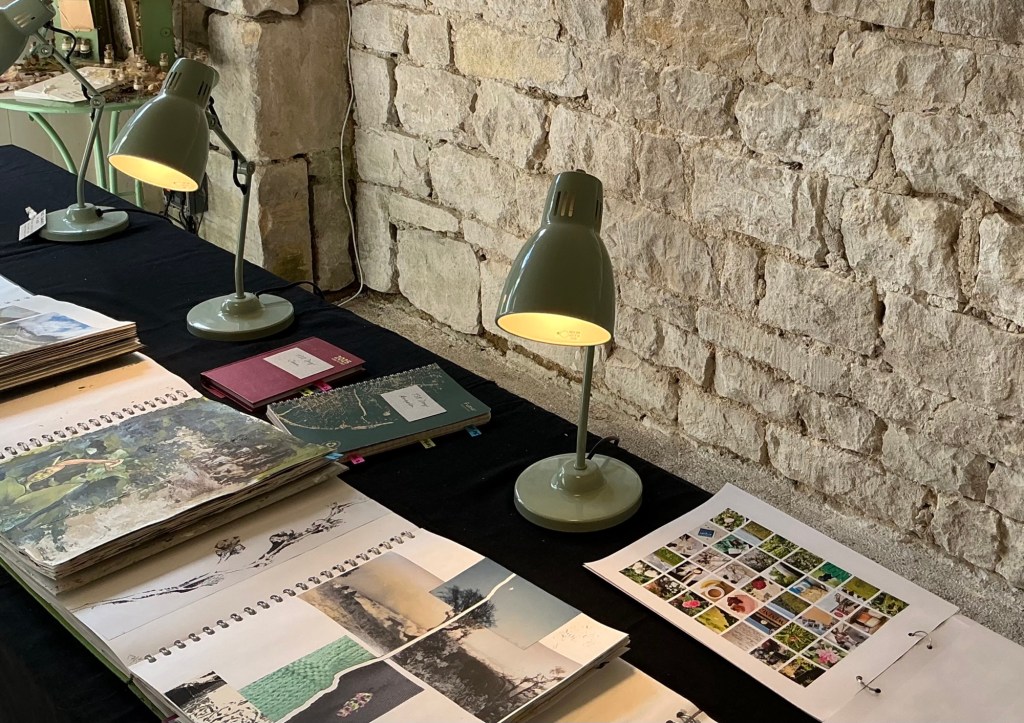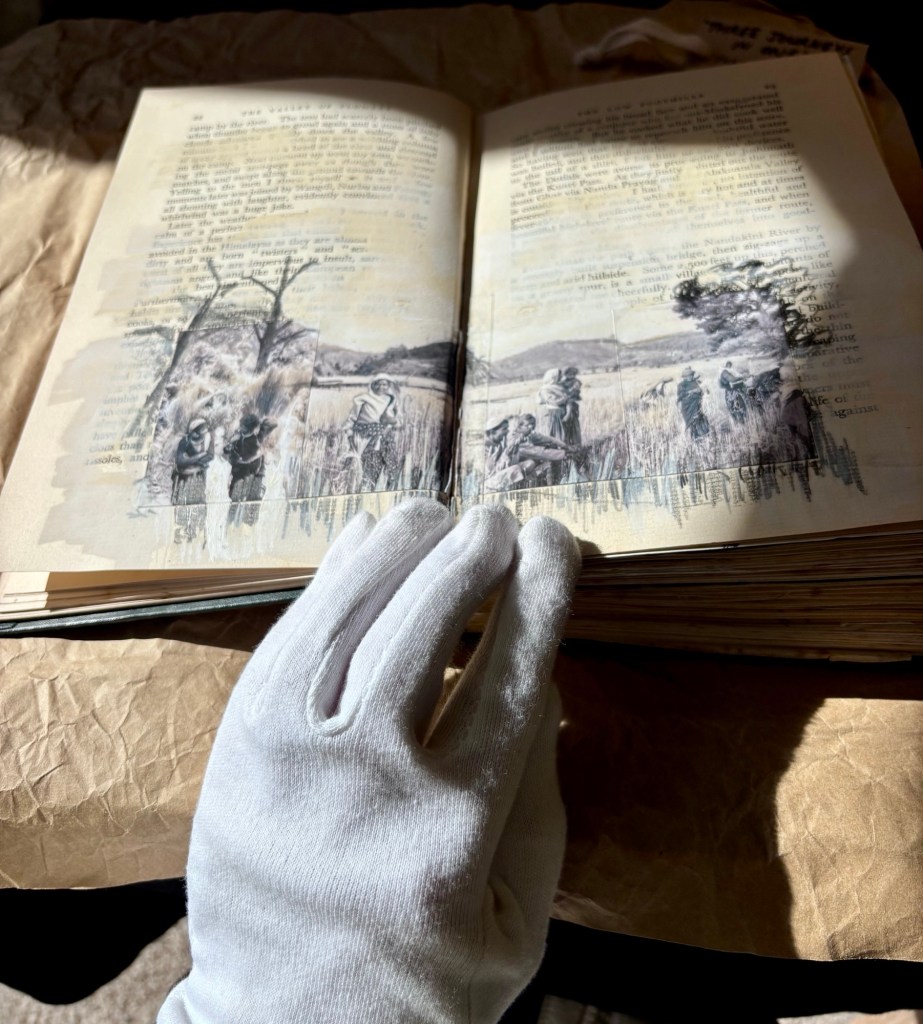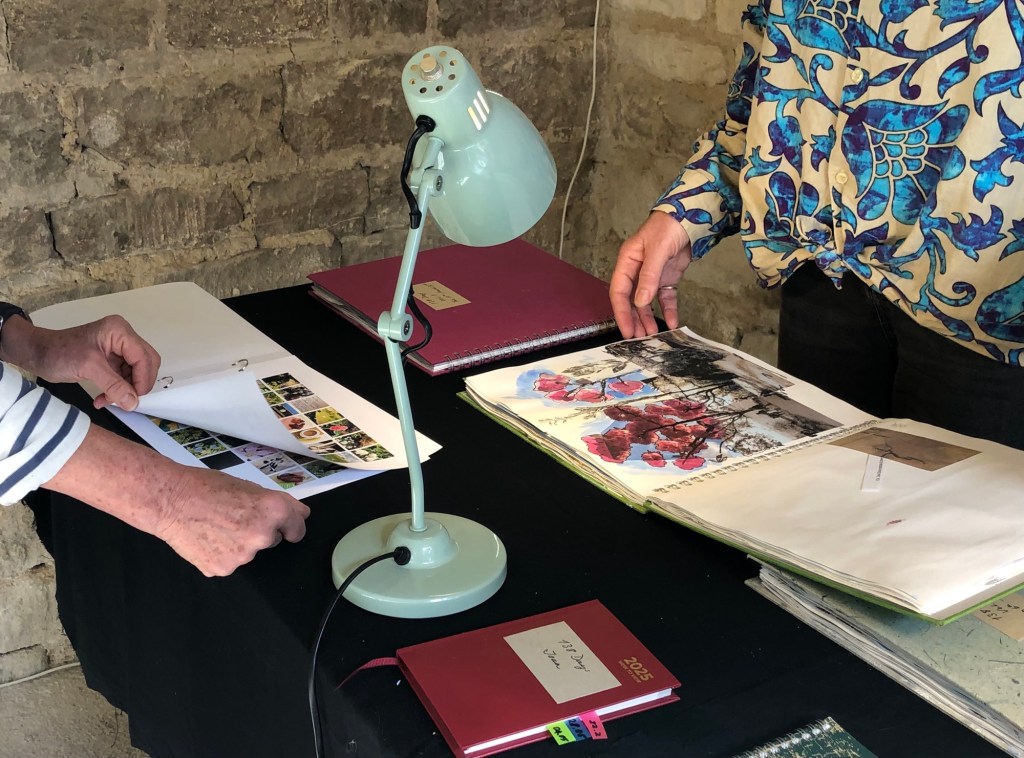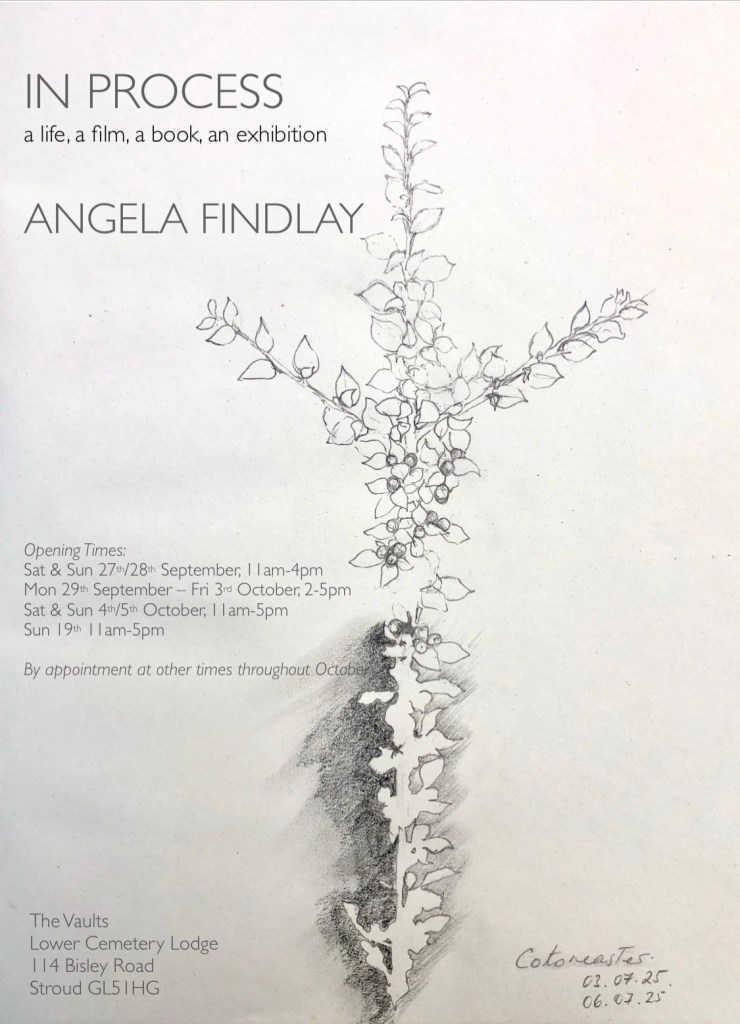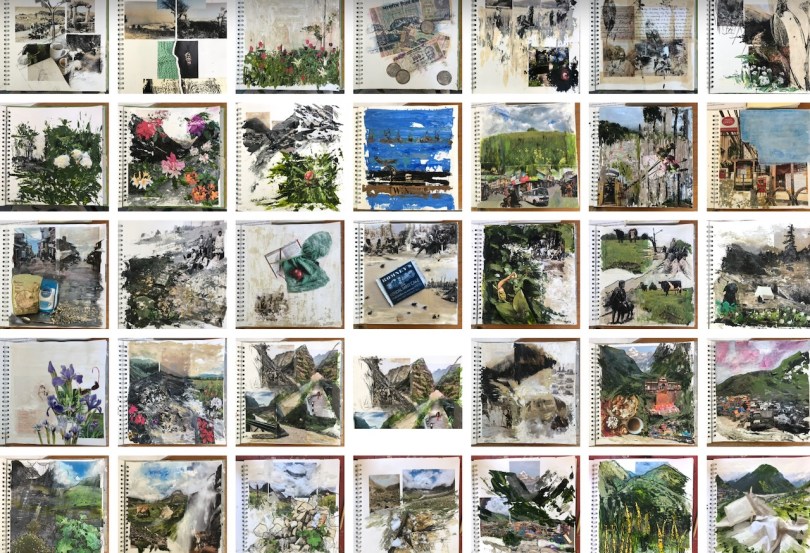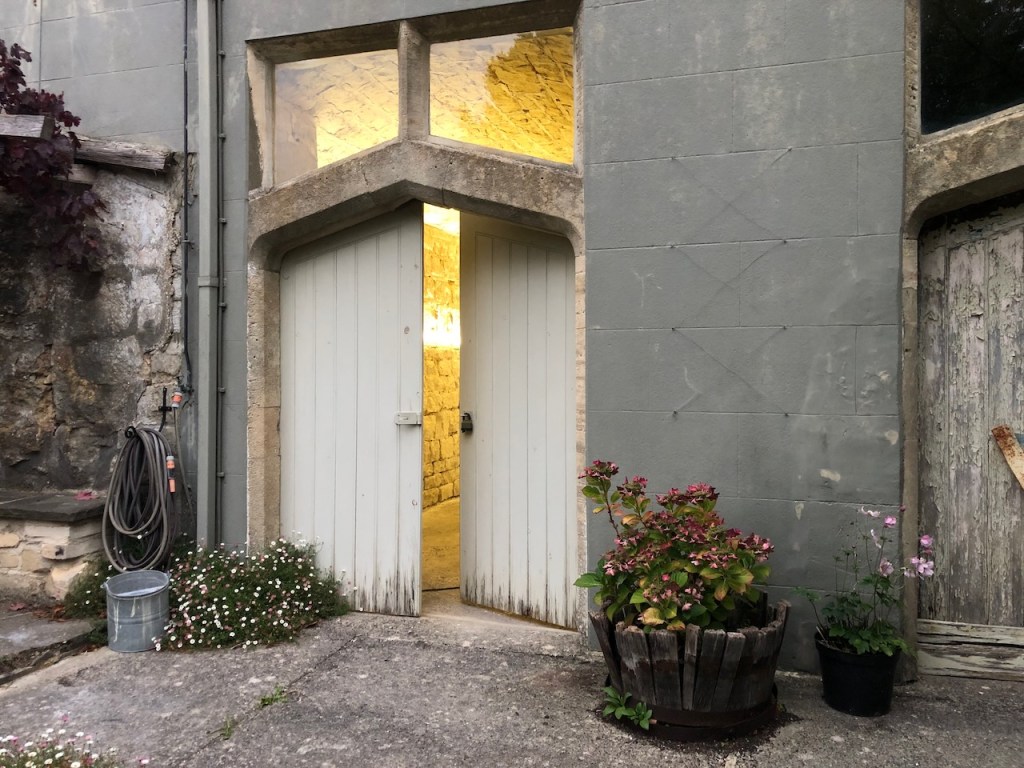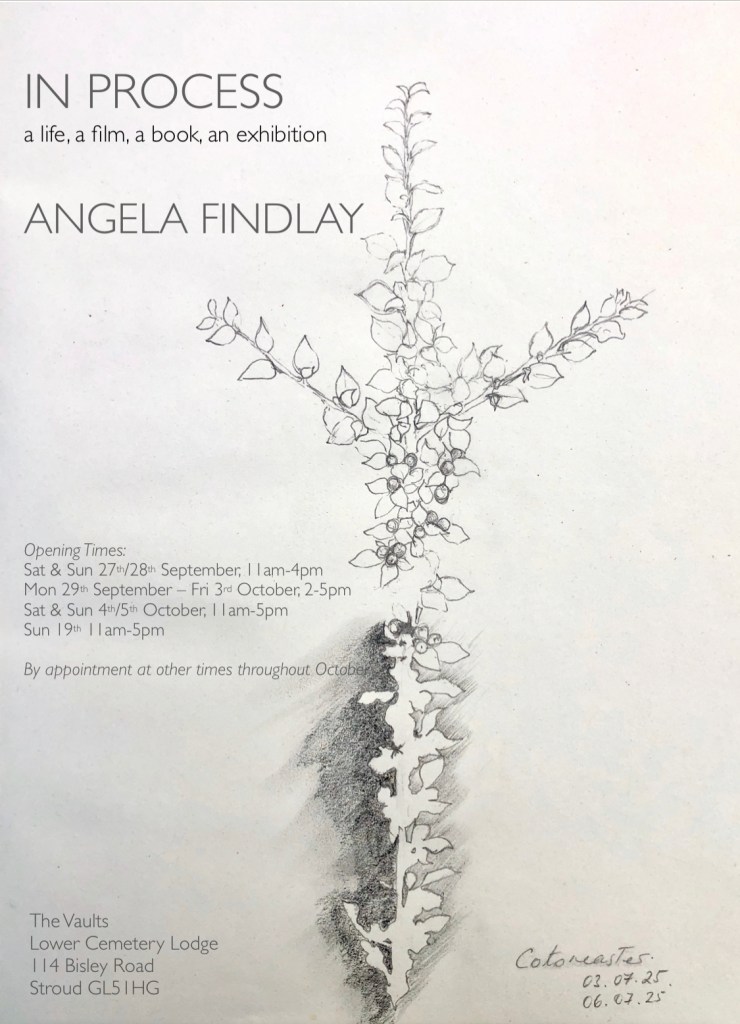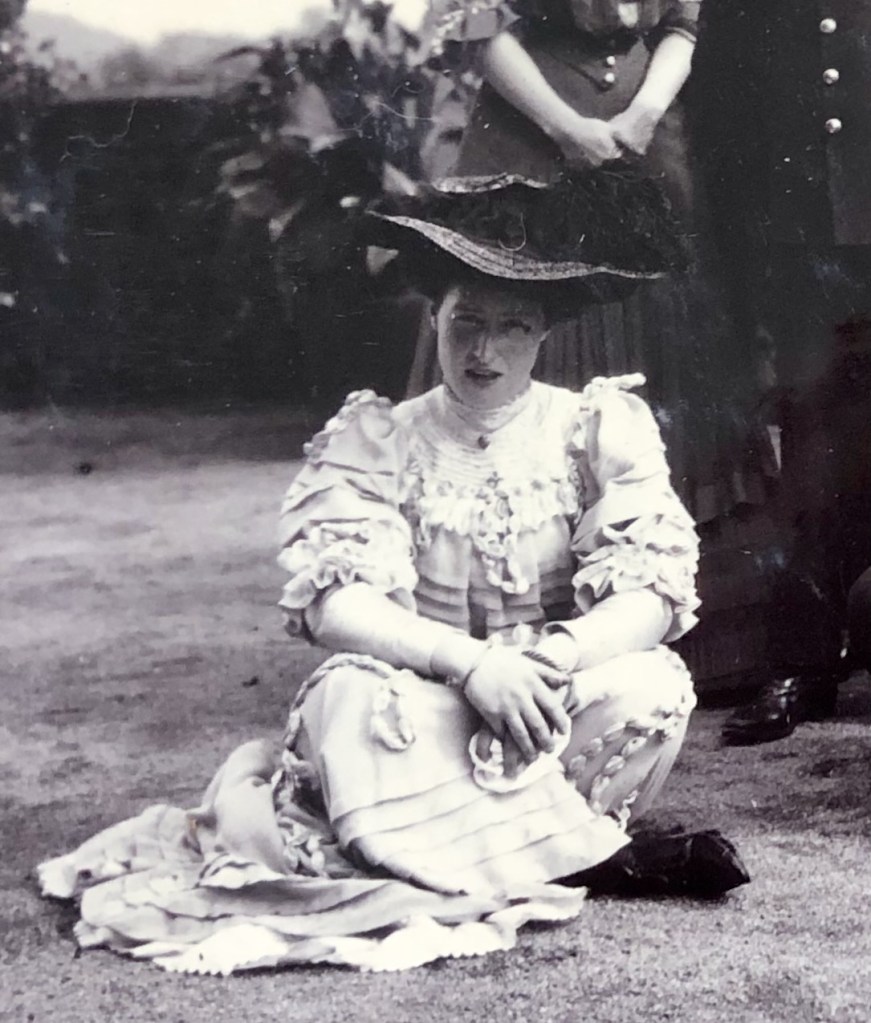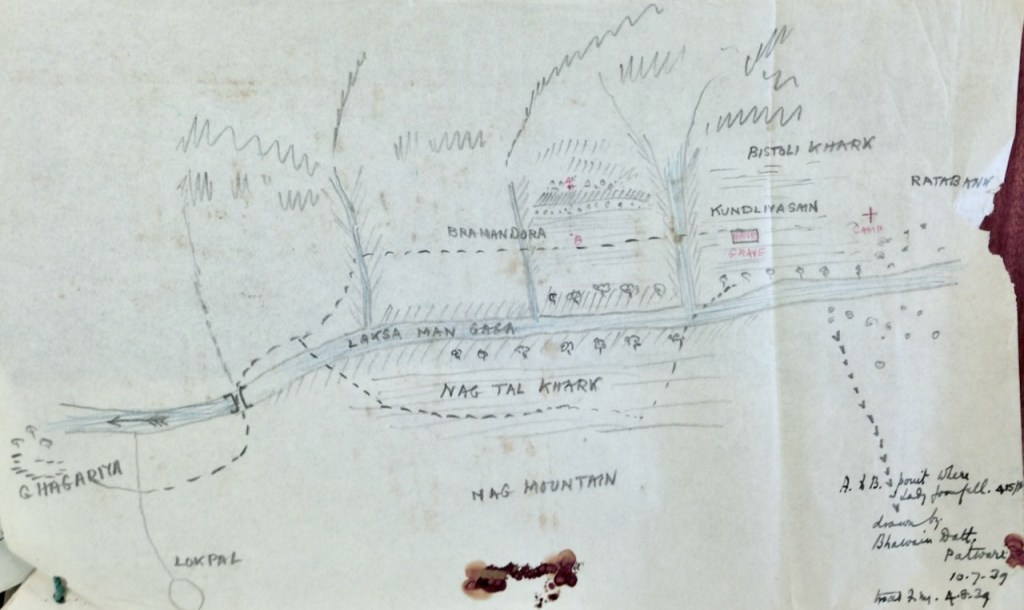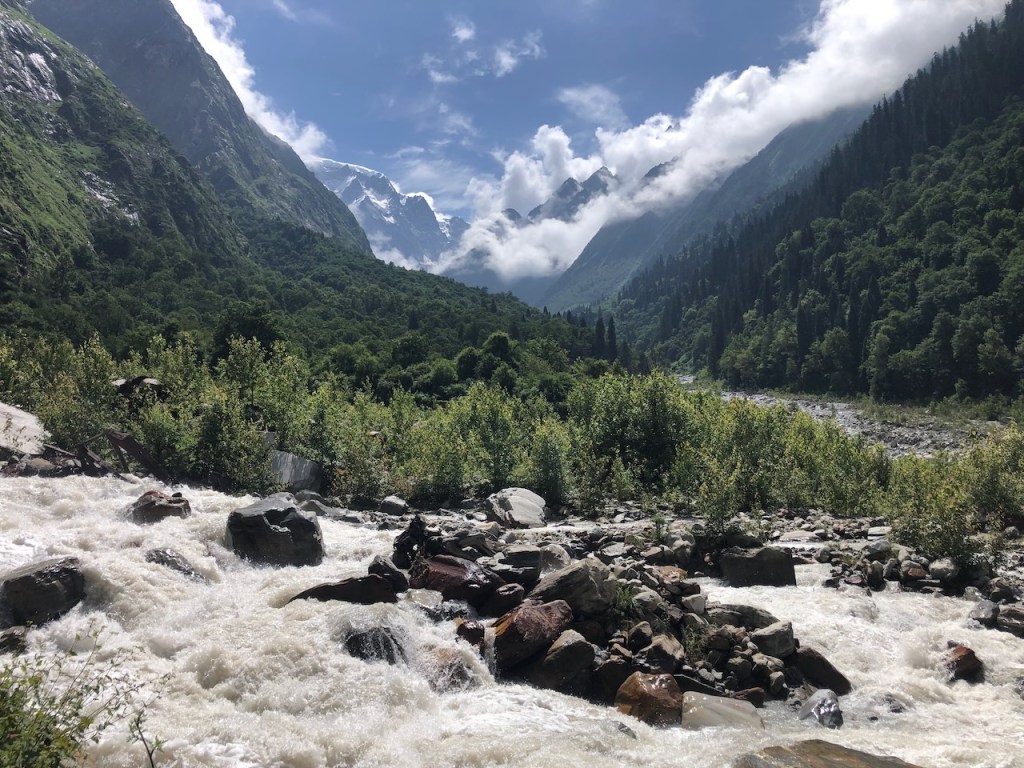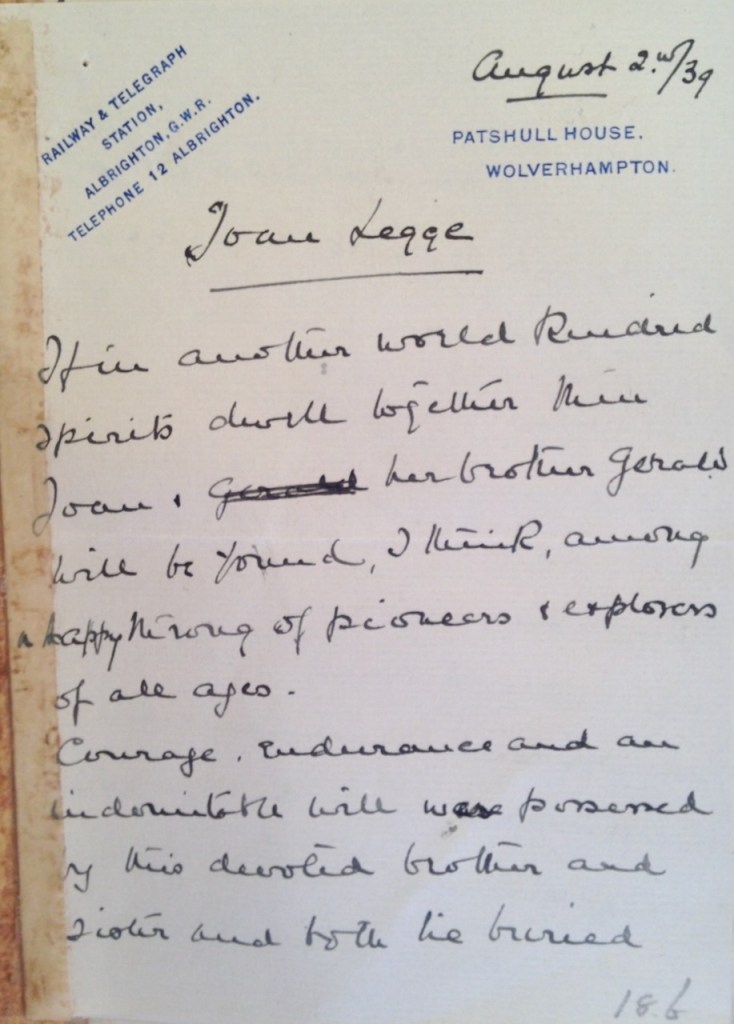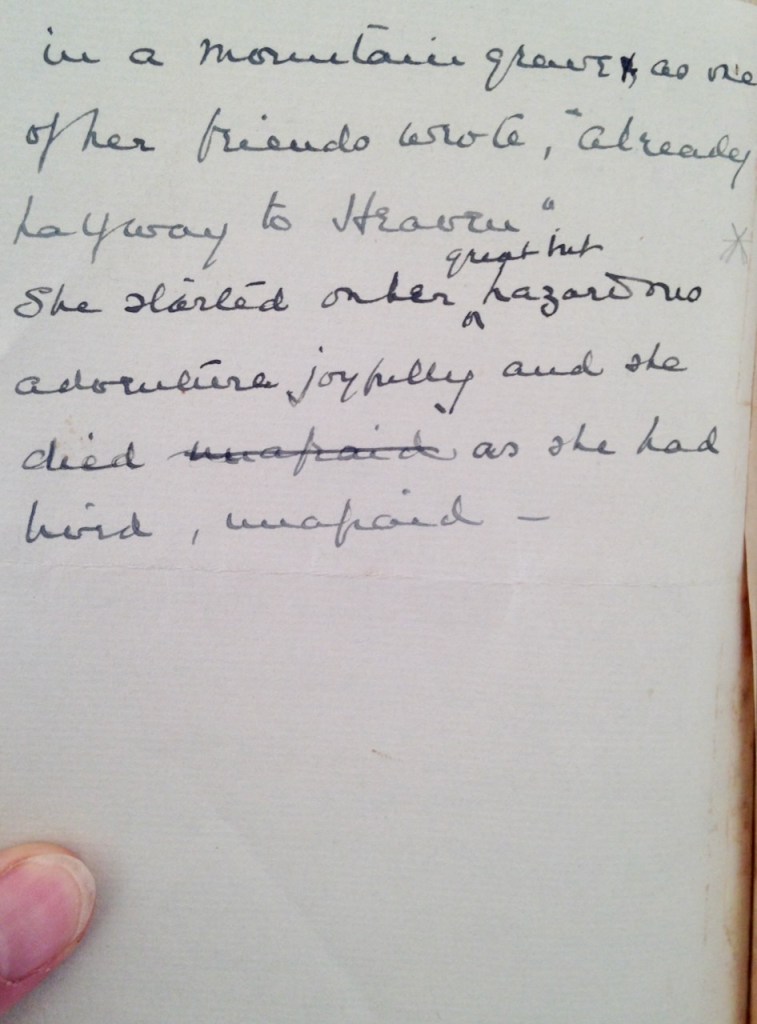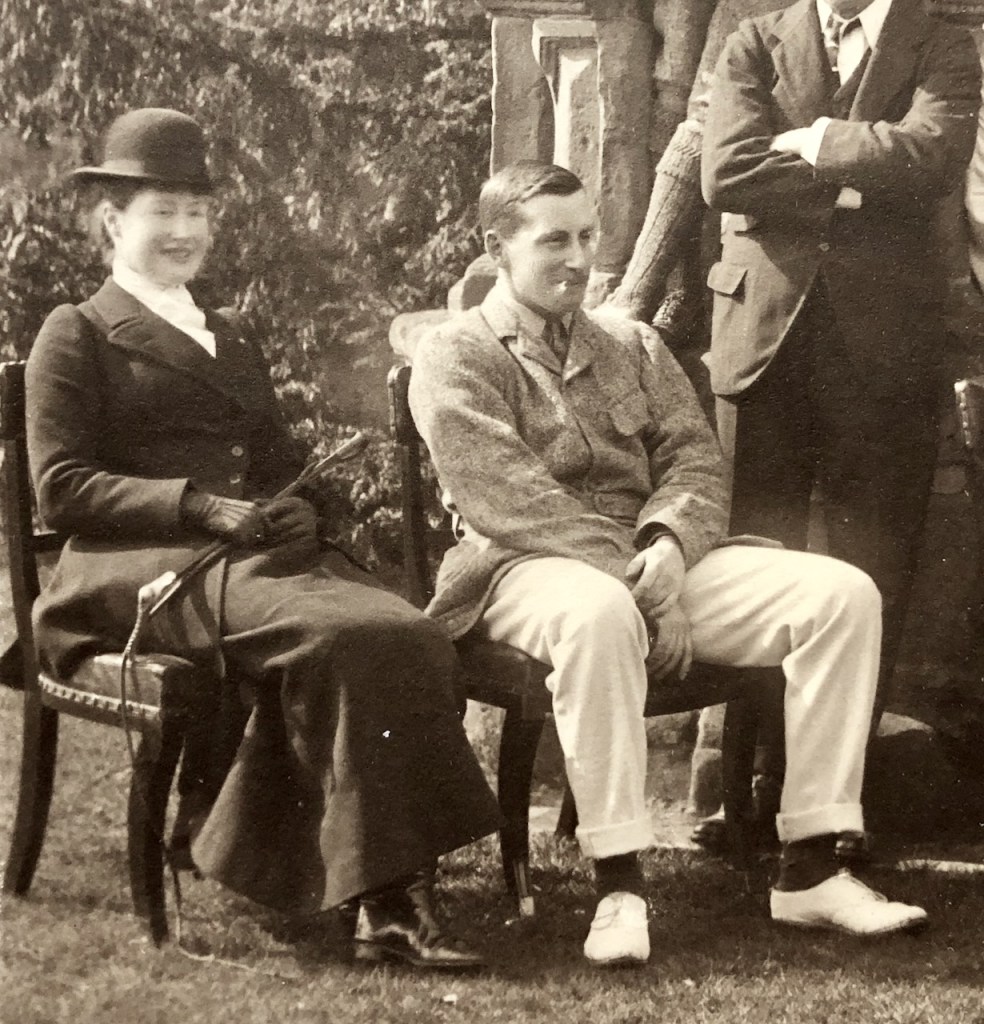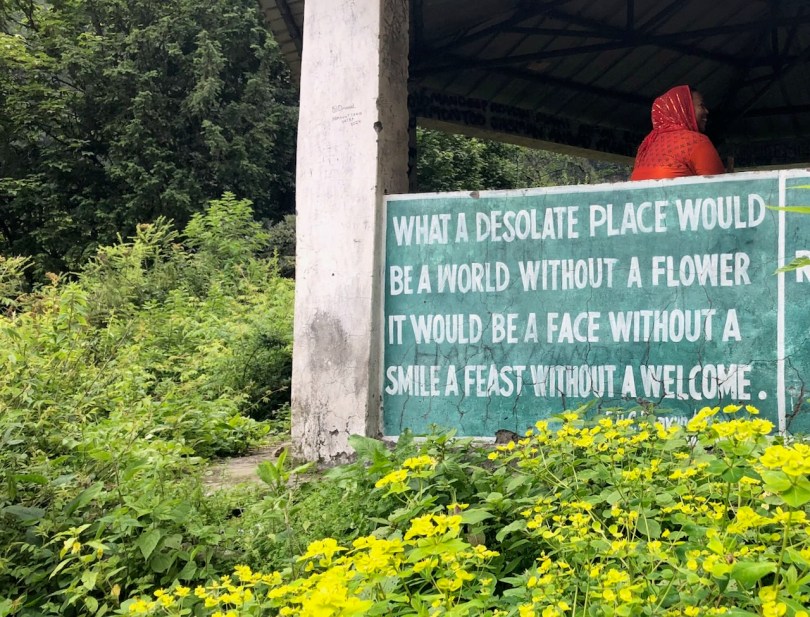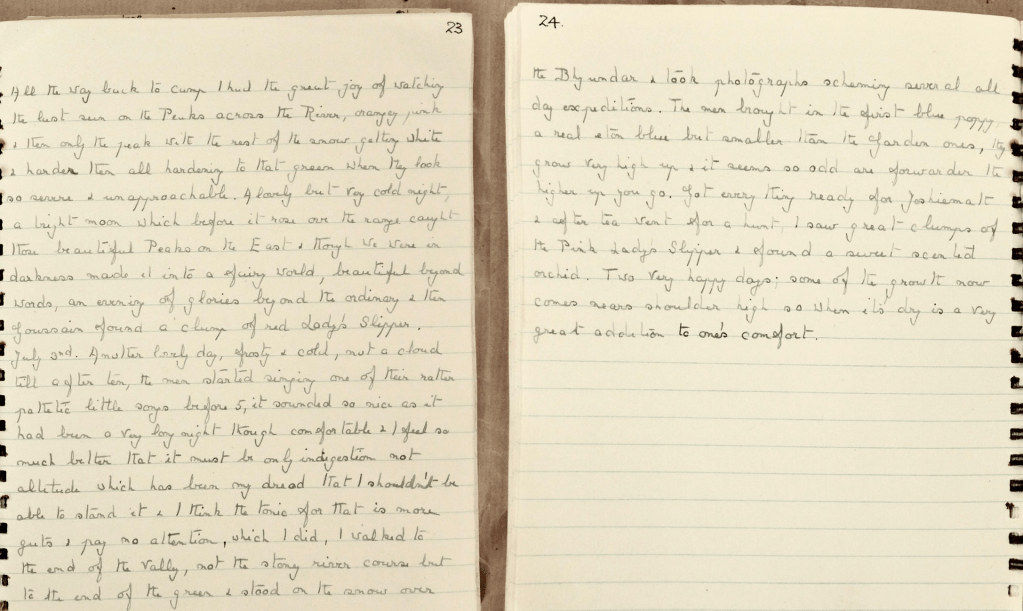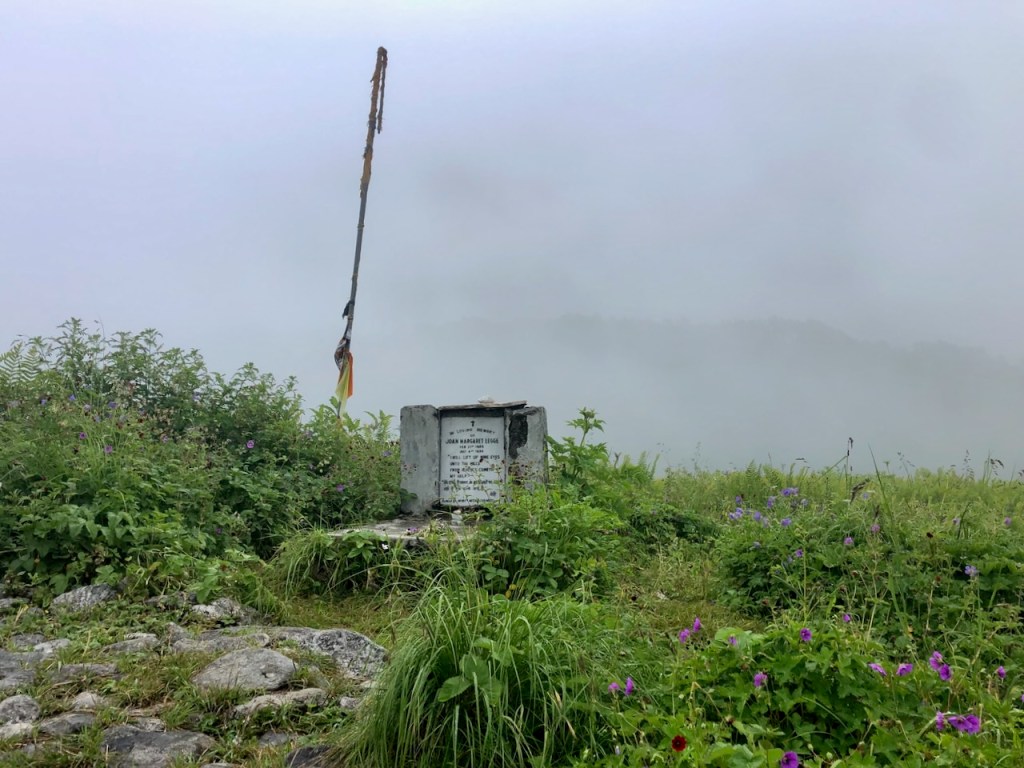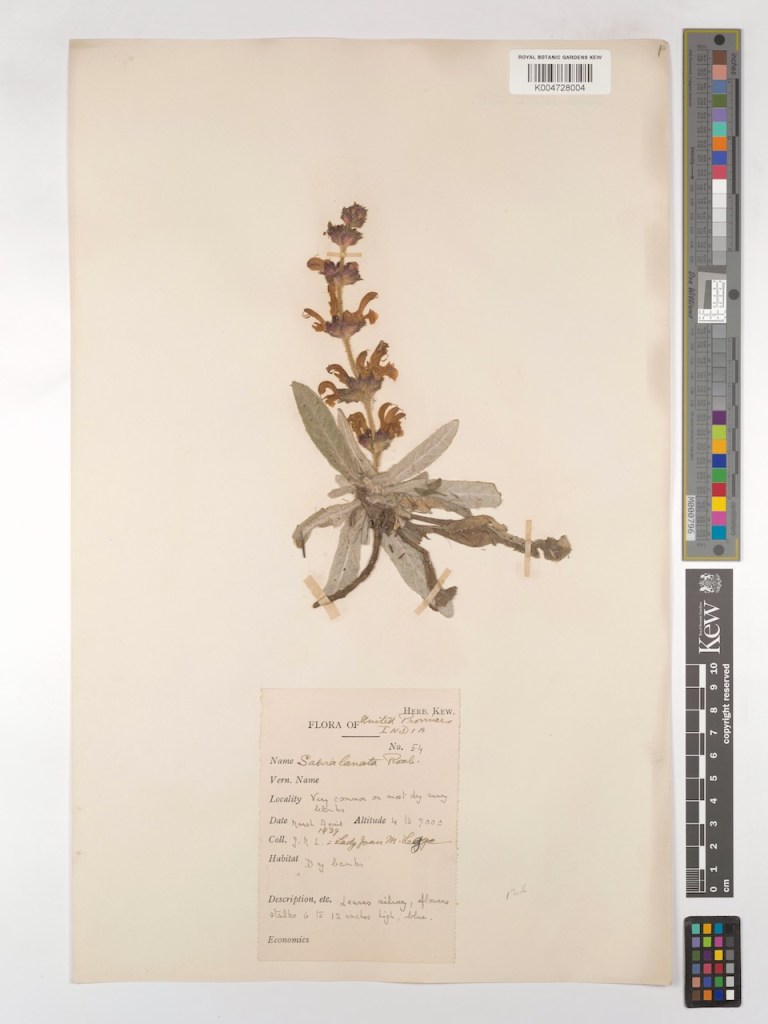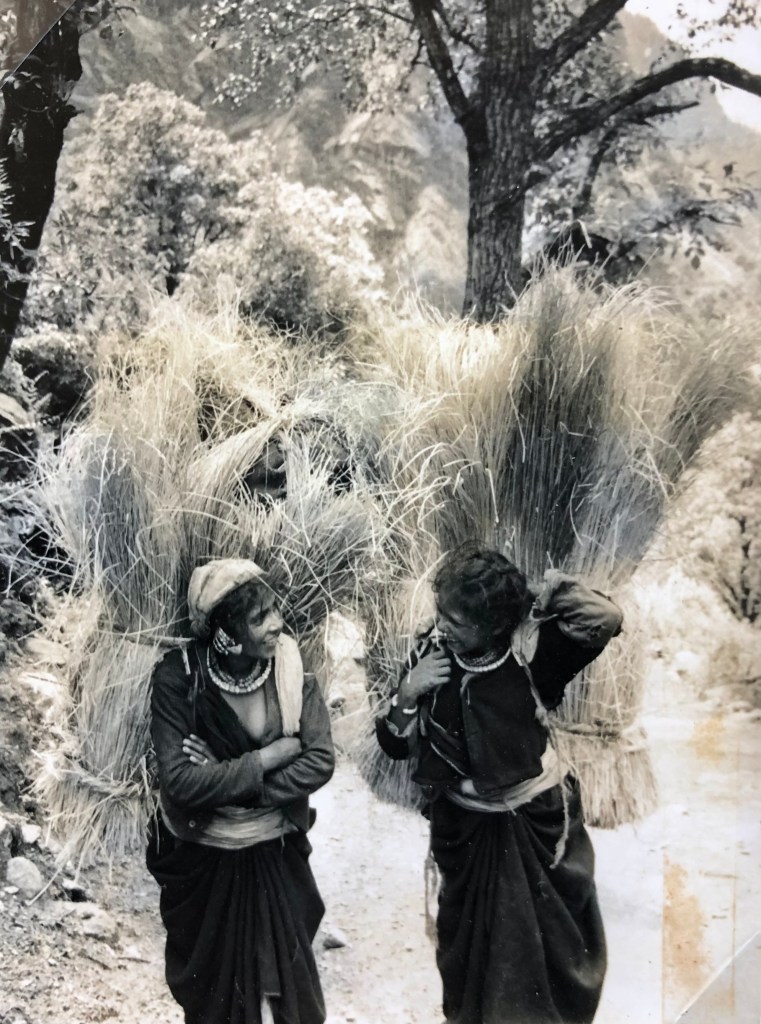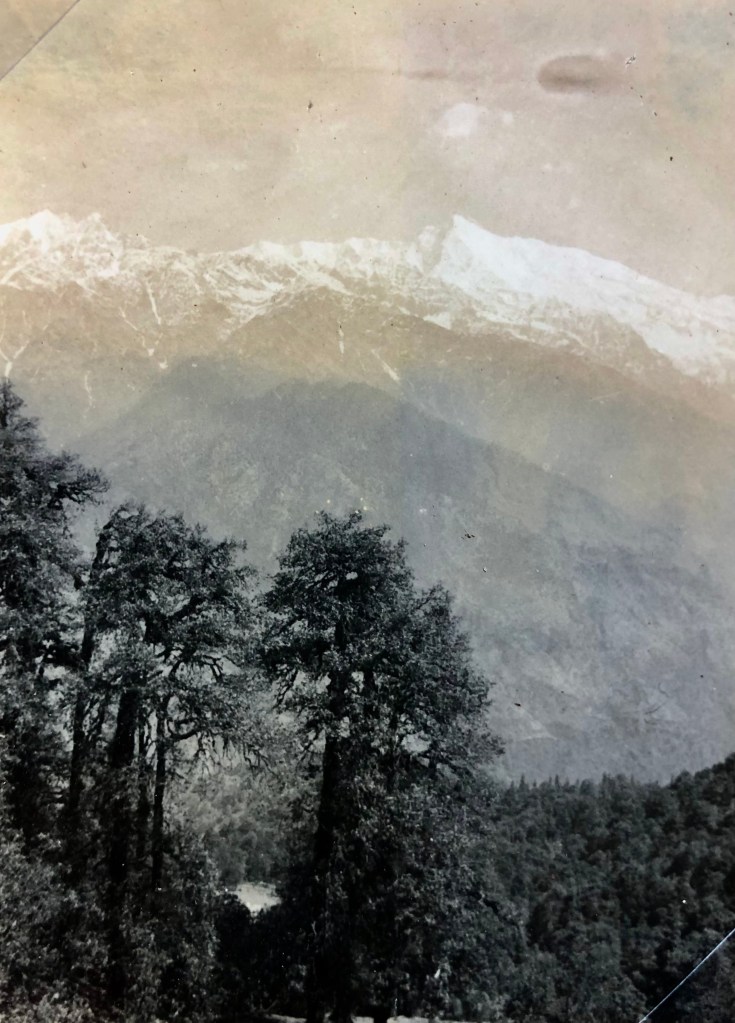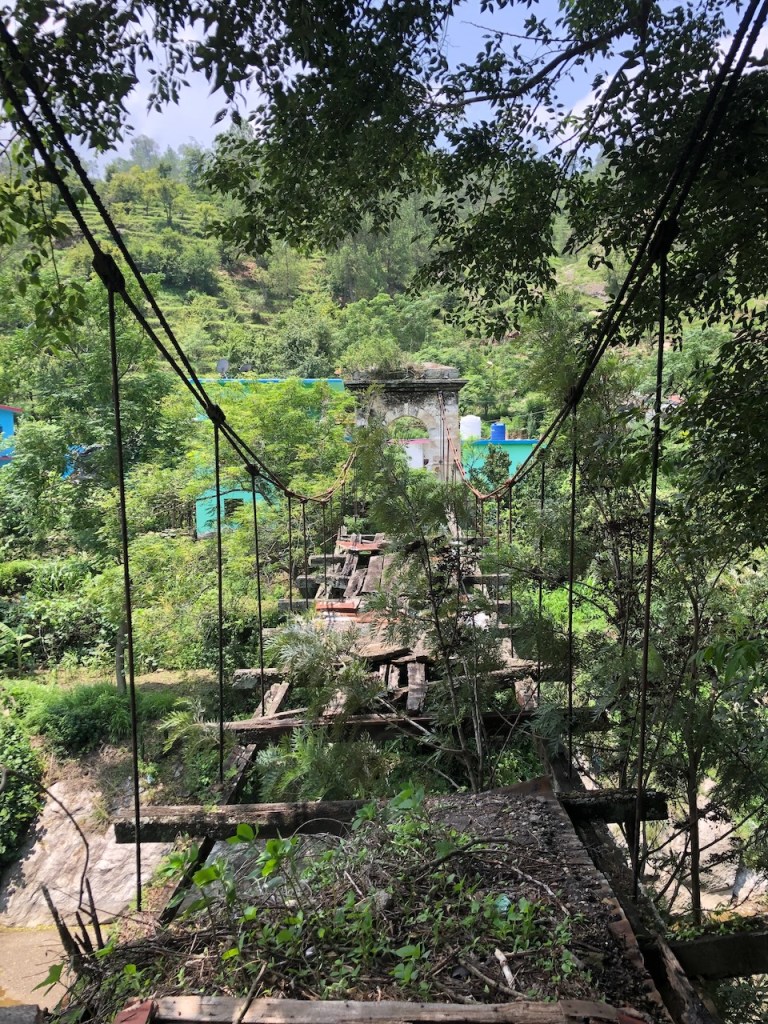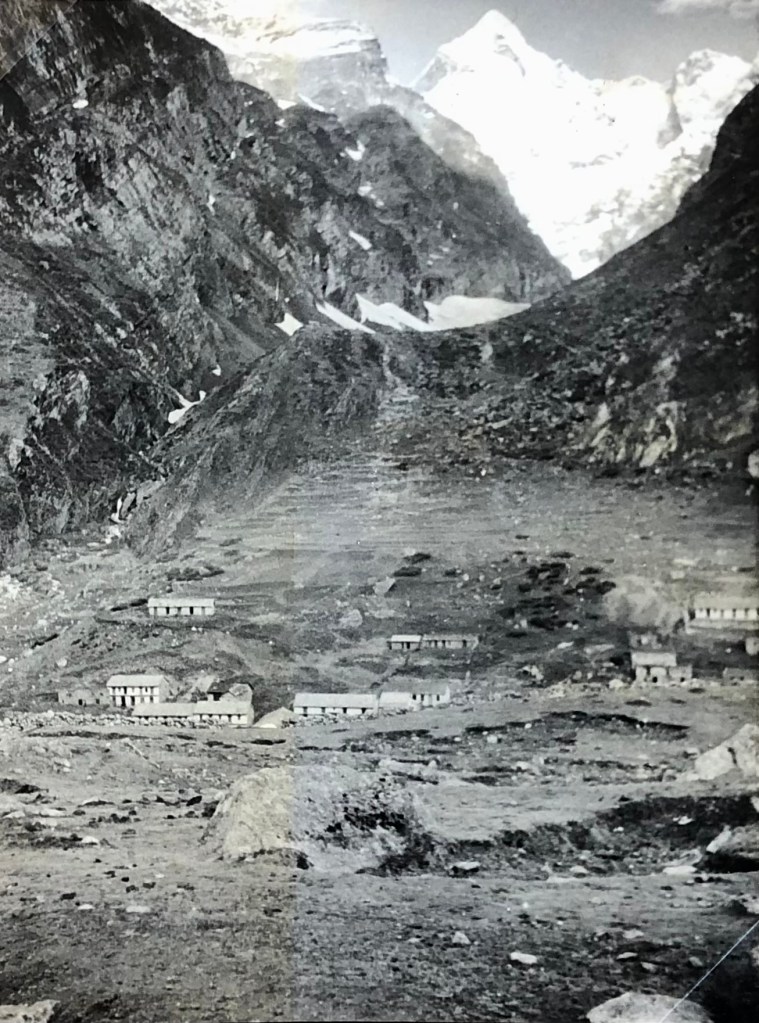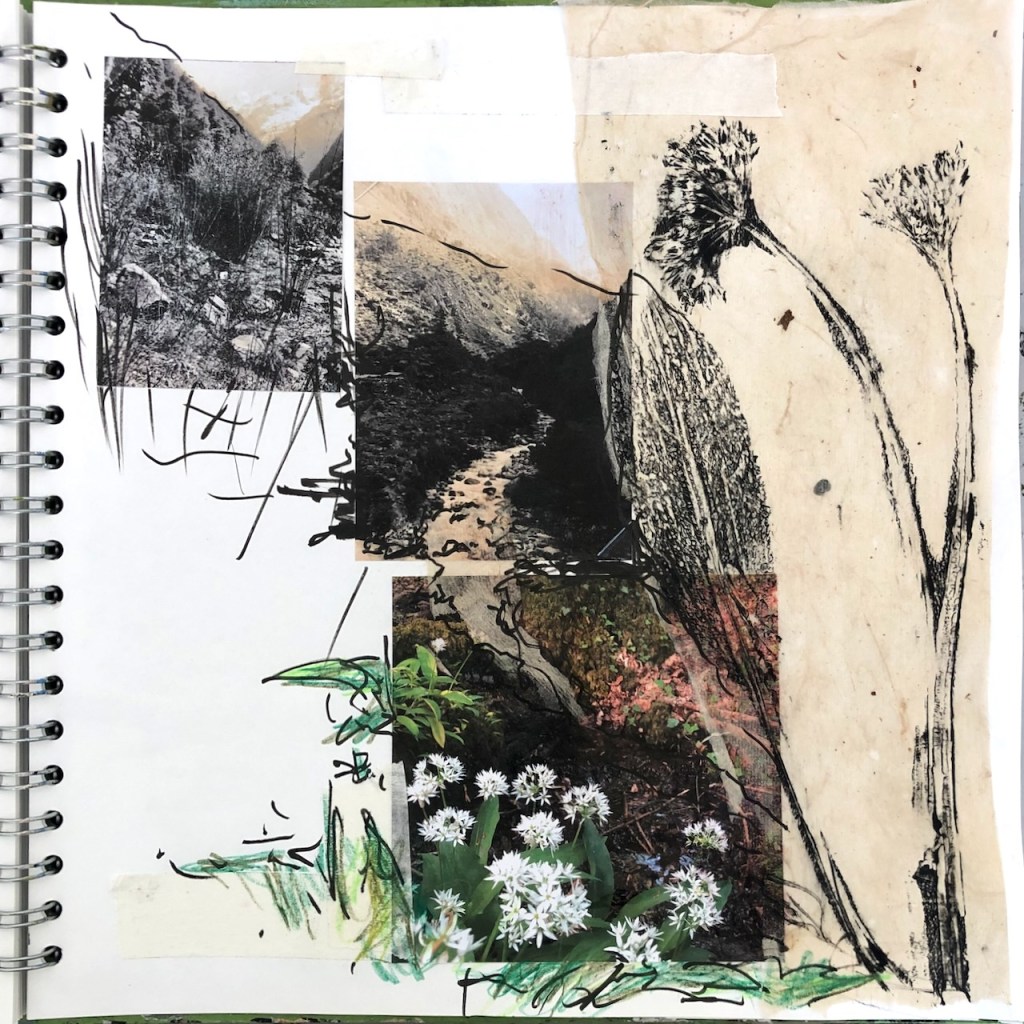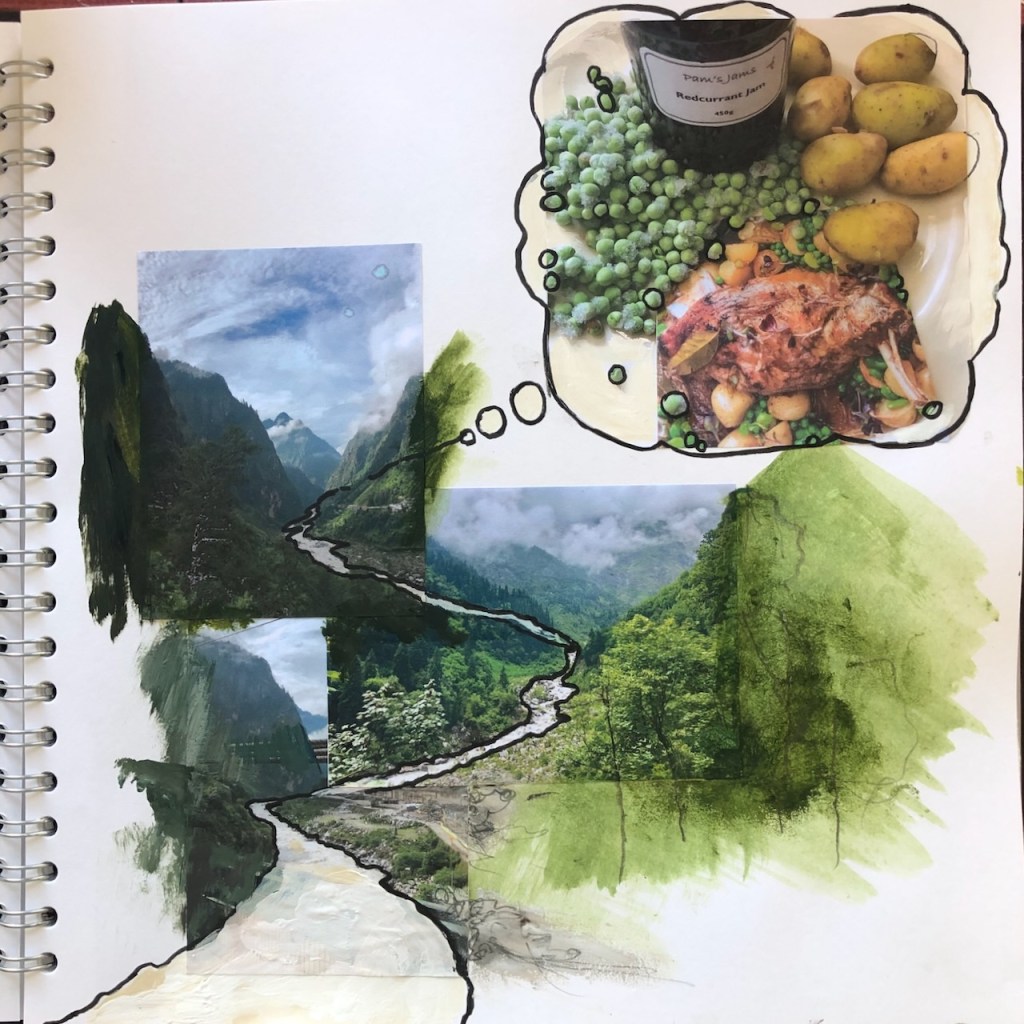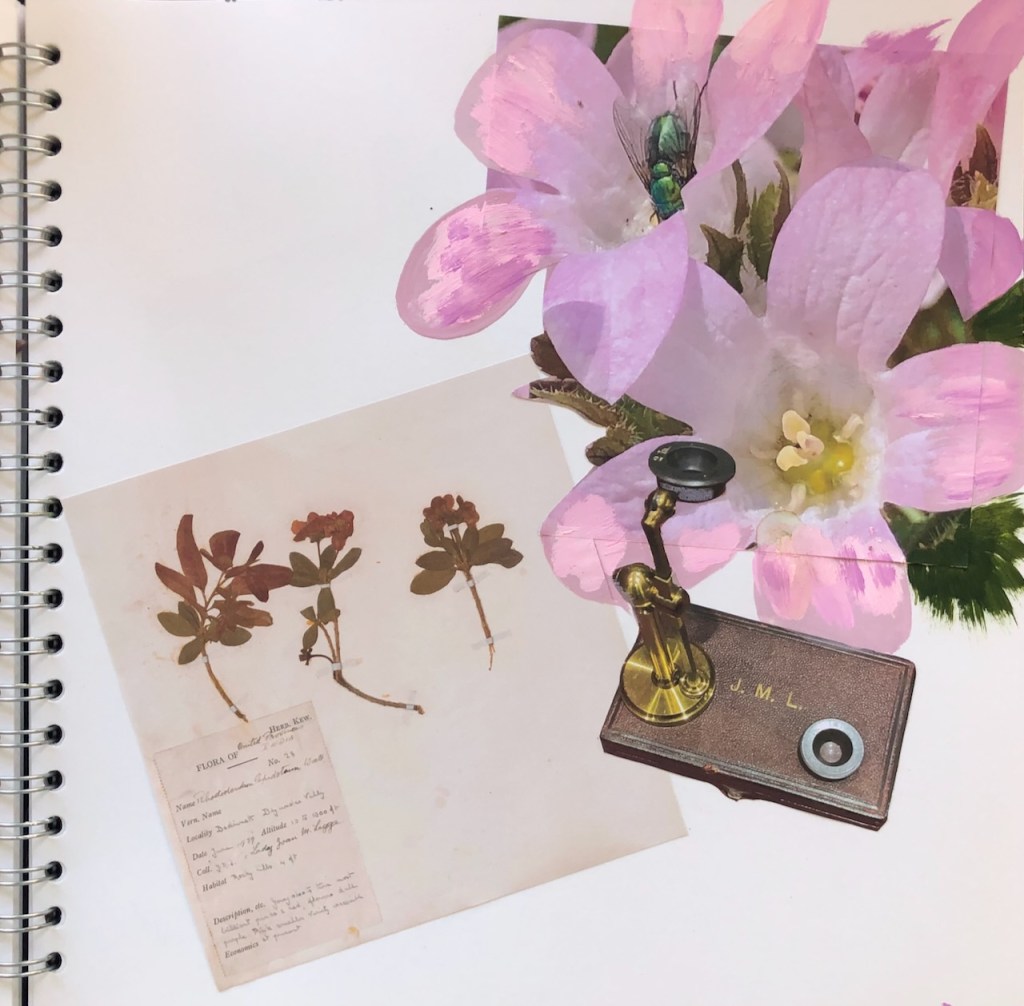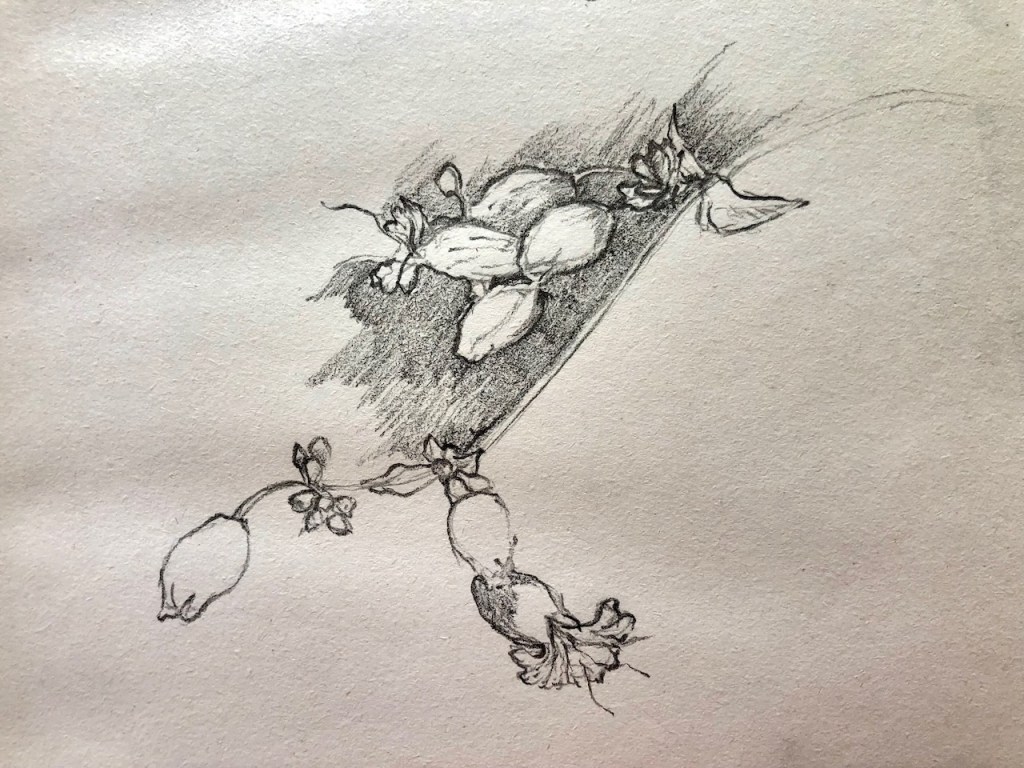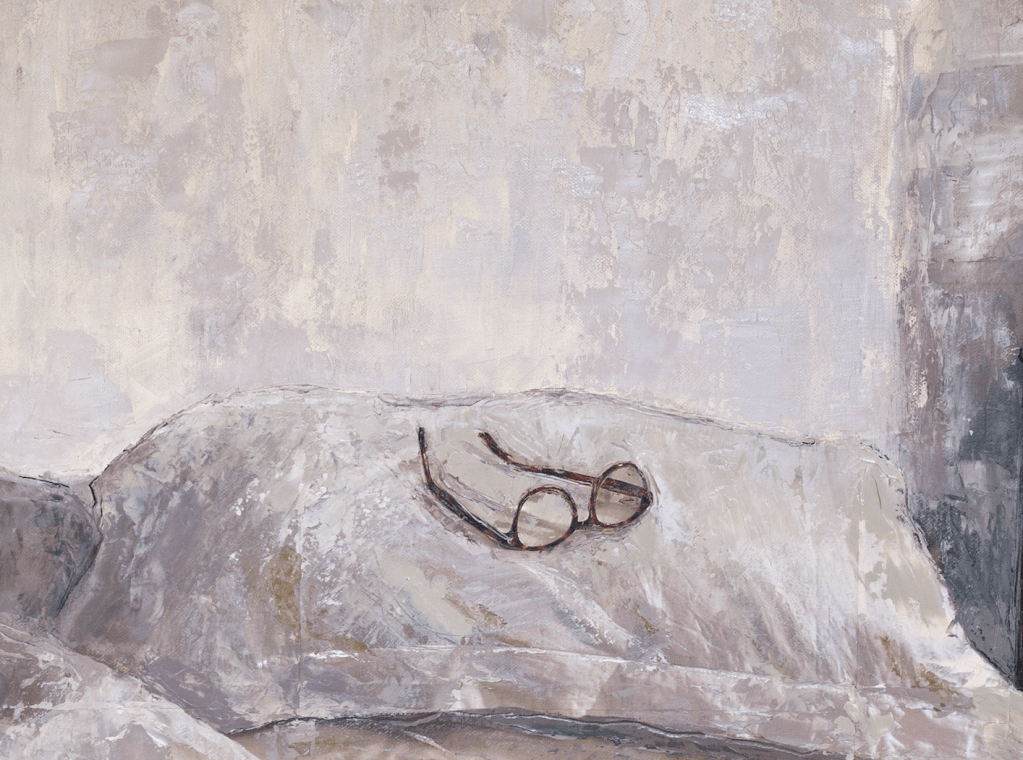A lot goes on in February.
The month opens with the ancient Gaelic festival of Imbolc, the halfway point between the winter solstice and the spring equinox, marking the returning light and the first stirrings of spring. You could be forgiven for doubting it this year, with the interminable wet grey stretching across most of the winter.
Mid-month in many parts of Europe and beyond is carnival season. In the Rhineland in Germany, Weiberfastnacht launches the week of street parties, parades and general craziness. Bands of women brandishing scissors storm town halls, ceremonially lopping off men’s ties in a symbolic reversal of power. Traditionally a kiss might be offered in exchange. I suspect there would be little appetite to bestow even a small peck upon the cheek of any of the unsavoury men currently filling the headlines whose ties many would gladly queue overnight to sever.
Skipping over Valentine’s Day with its plethora of red rose themed flower bunches, heart-shaped chocolates and pink bubbly, on 17 February, the Chinese Zodiac ushered in the Year of the Fire Horse – a harbinger of intensity and fast-paced change on both personal and global levels. It sounds promising. And that day I genuinely felt the stable door to my long, conscious wintering fly open. I bolted like a horse with a rocket up its arse. This equine imagery swiftly morphed, however, into something closer to a headless chicken unsure in which direction to run. A rush of energy is not necessarily the same as orientation.
Then in the final week of the month, came rare sunshine. A morning walk in the woods. Warm breezes threaded with birdsong combed through bare branches quietly filling with sap. Forest floors rolled out green carpets in anticipation of white anemones, yellow celandine, and bluebells. For a moment, I felt the promise the daily news so persistently denies us.
In stark contrast, I think of the extraordinary advances in AI, building a new world of technological brilliance and mechanised humanity. Social media claims to tailor connection, yet so often blurs our individual and cultural edges into a controllable global homogeneity. We may be more networked than ever, but also more divided.
Each generation pushes against the boundaries of its time: church, family, class, gender. Restriction is perceived as the enemy to individuality. But as boundaries dissolve, are we becoming freer or simply blending? Might we be witnessing not just liberation but a longing? A reemergence of desire for what is elemental, real and rooted?
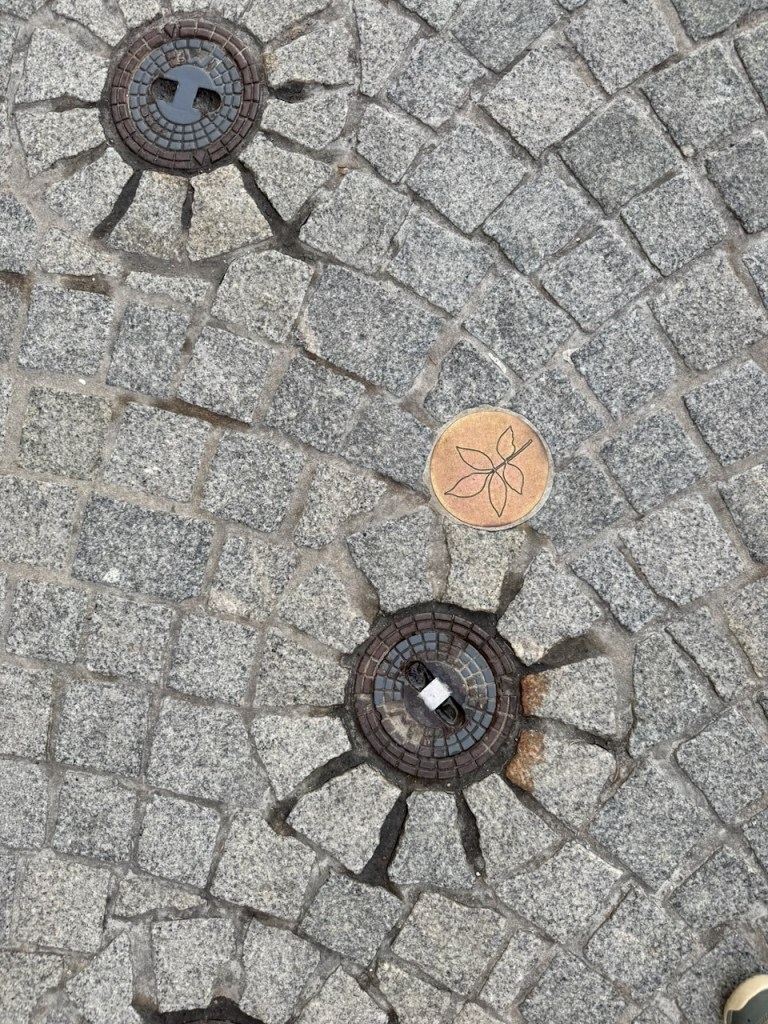
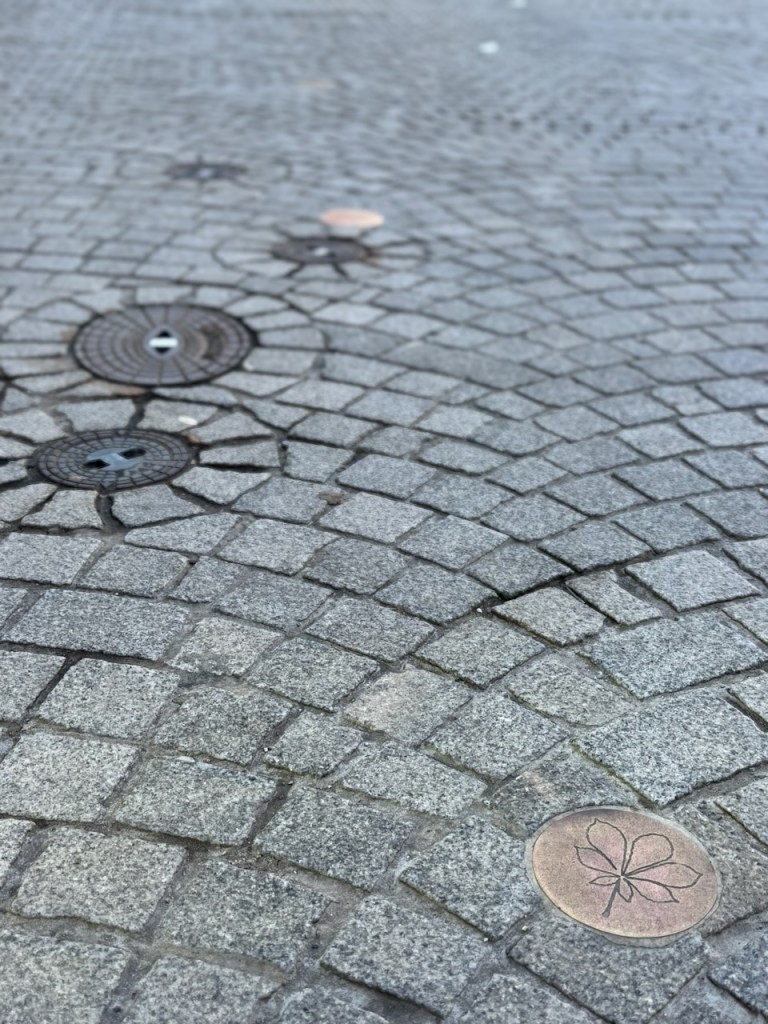
My thoughts return to Goethe’s Metamorphosis and Urpflanze – the archetypal plant – concepts he shared in 1794 with Schiller during a short walk between the Town Hall and Schiller’s house in Jena. This conversation would mark the beginning of their lifelong friendship. In short, (very) short, he proposed that behind the myriad forms of plant life lies an archetype: an invisible set of laws that shape their variations. A rose does not rebel against its rose-ness. A beech tree does not experiment with becoming a birch. Even animals – aside from Jonathan Livingston Seagull – remain faithful to the parameters of their species.
Humans, endowed with free choice, face a more complex task. We can wander far from ourselves and lose sight of any sense of an archetype.
How then do we like other living beings maintain a connection to our essence?
Watching The Tony Blair Story on Channel 4 recently, I was struck by his unmistakable sense of destiny. The conviction of a task, sometimes arriving as a premonition. That certainty propelled him toward significant achievements. But also led to the – in my view – catastrophic misjudgement of the Iraq War. Ego, power, entitlement? We are daily reminded all too clearly where those things lead.
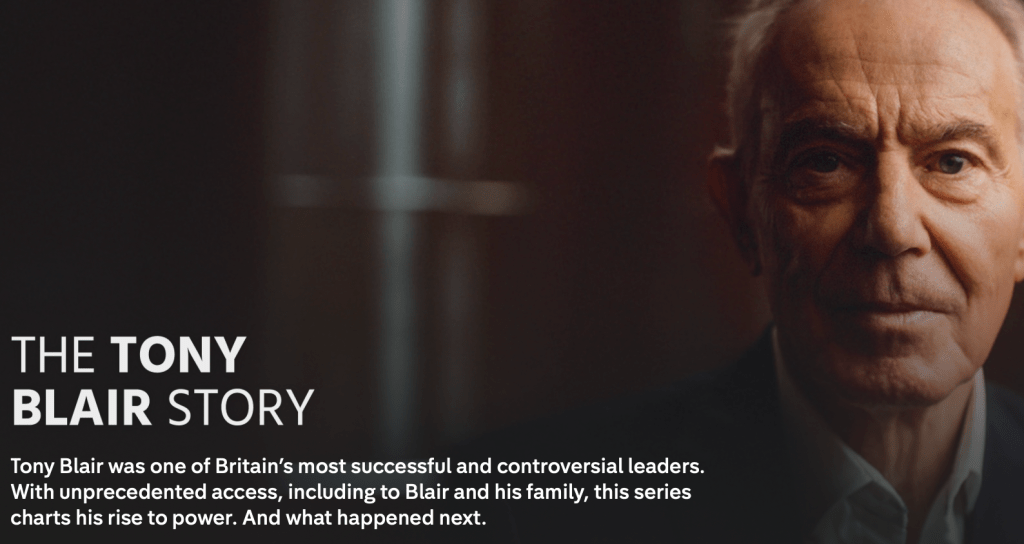
Meanwhile, we are told that 12% of young people are NEETs – Not in Education, Employment or Training – drifting in a culture of instant stimulation but starved of meaning. How can they hear the quiet calling of vocation? How can they imagine let alone explore a destination with smartphones constantly robbing them of the fertile boredom and daydreaming out of which so many creative ideas once emerged?
The French artist Christian Boltanski once said: The best way to make work is to do nothing… and nothing… until you get so bored that you do something.
He added: All we can do is wait and hope, hope that someday we’ll understand something, that someday we’ll understand who we are.
February, perhaps, is precisely this waiting. Dormancy, not death. Preparation. And then like racers off the starting block, commitment.
I am now referring to those oft-quoted lines frequently attributed to Goethe – though written by William Hutchinson Murray in The Scottish Himalayan Expedition (1951)
“Until one is committed, there is hesitancy, the chance to draw back… the moment one definitely commits oneself, then Providence moves too. All sorts of things occur to help one that would never otherwise have occurred… Boldness has genius, power, and magic in it. Begin it now.”
February holds both truths at once: the necessity of waiting, and the call to begin.



